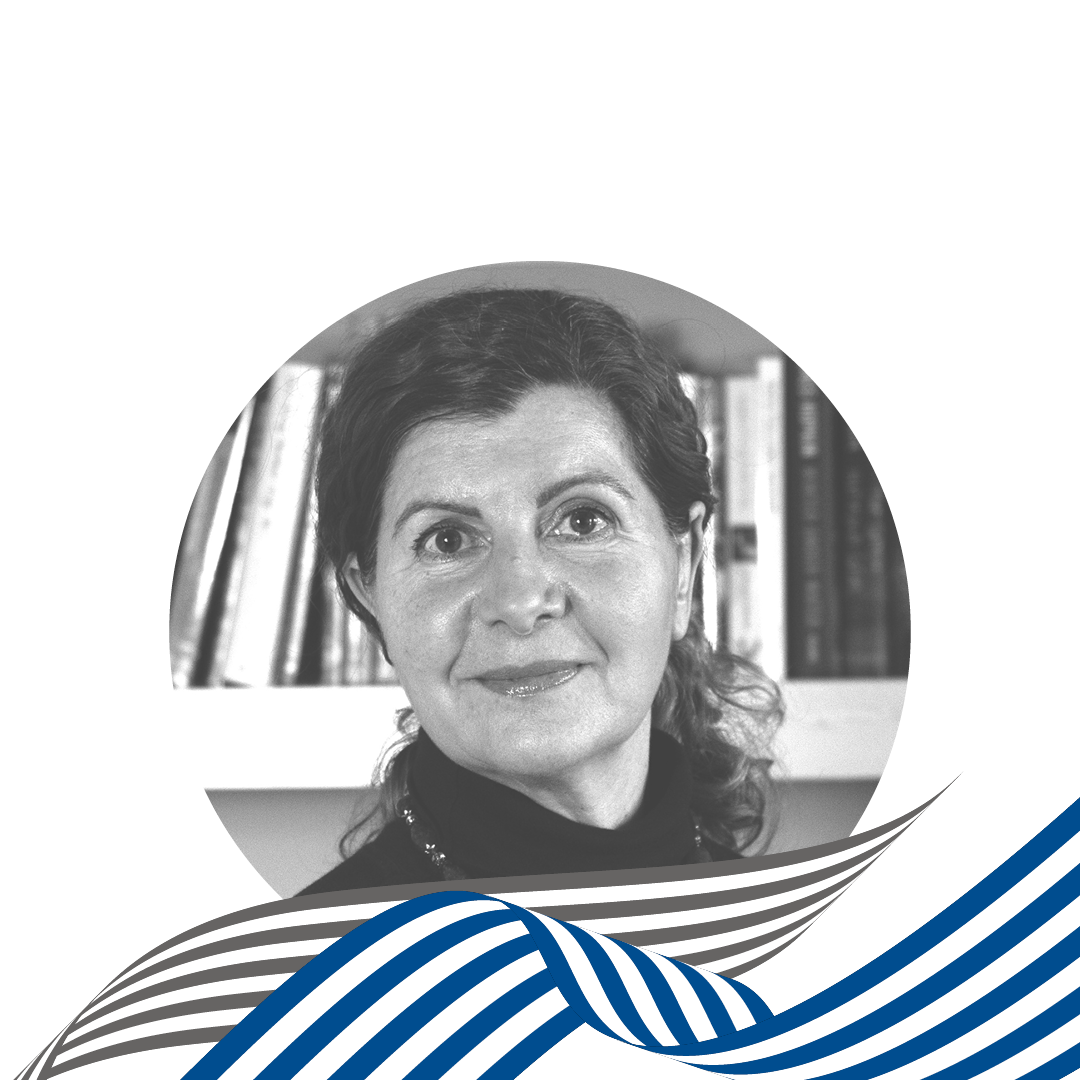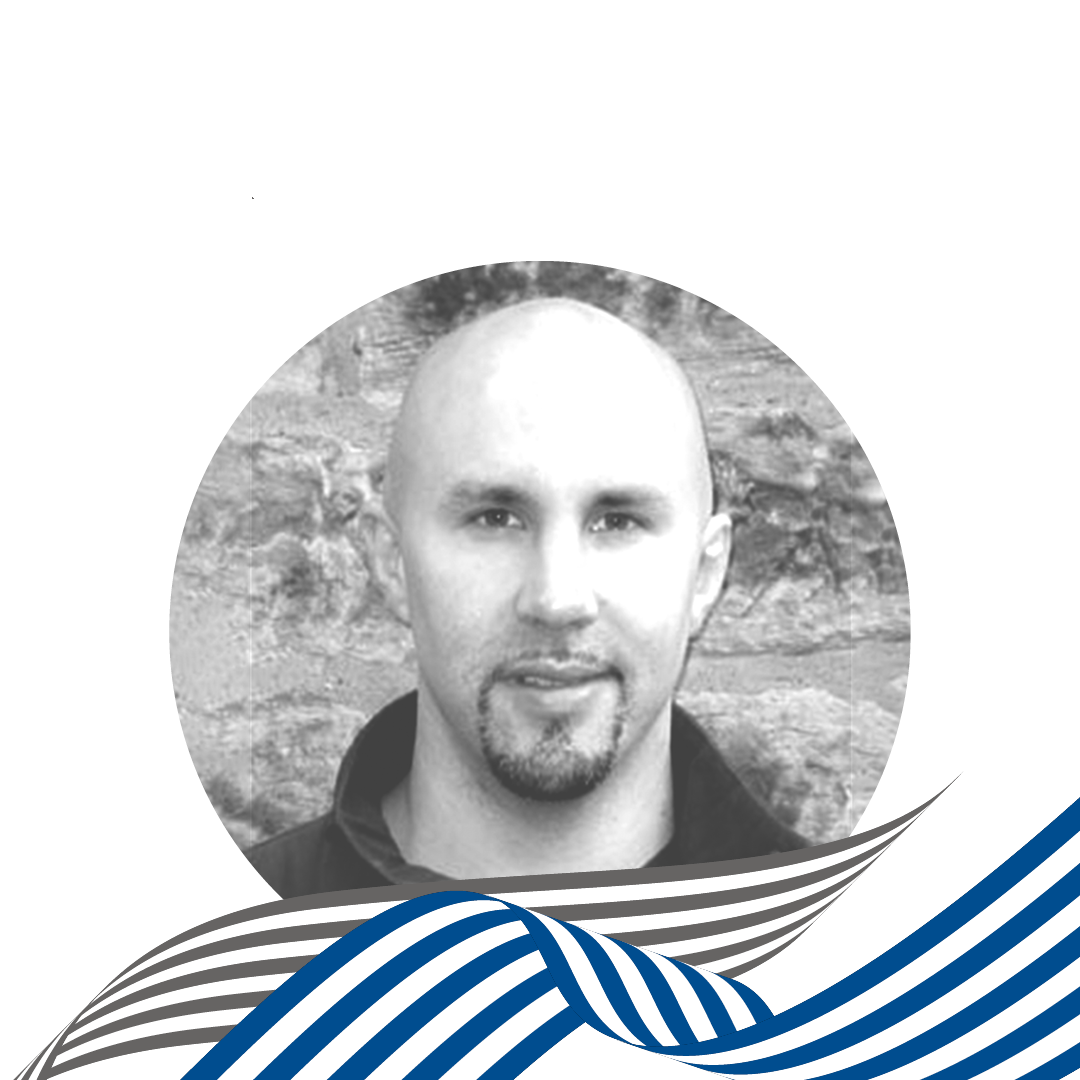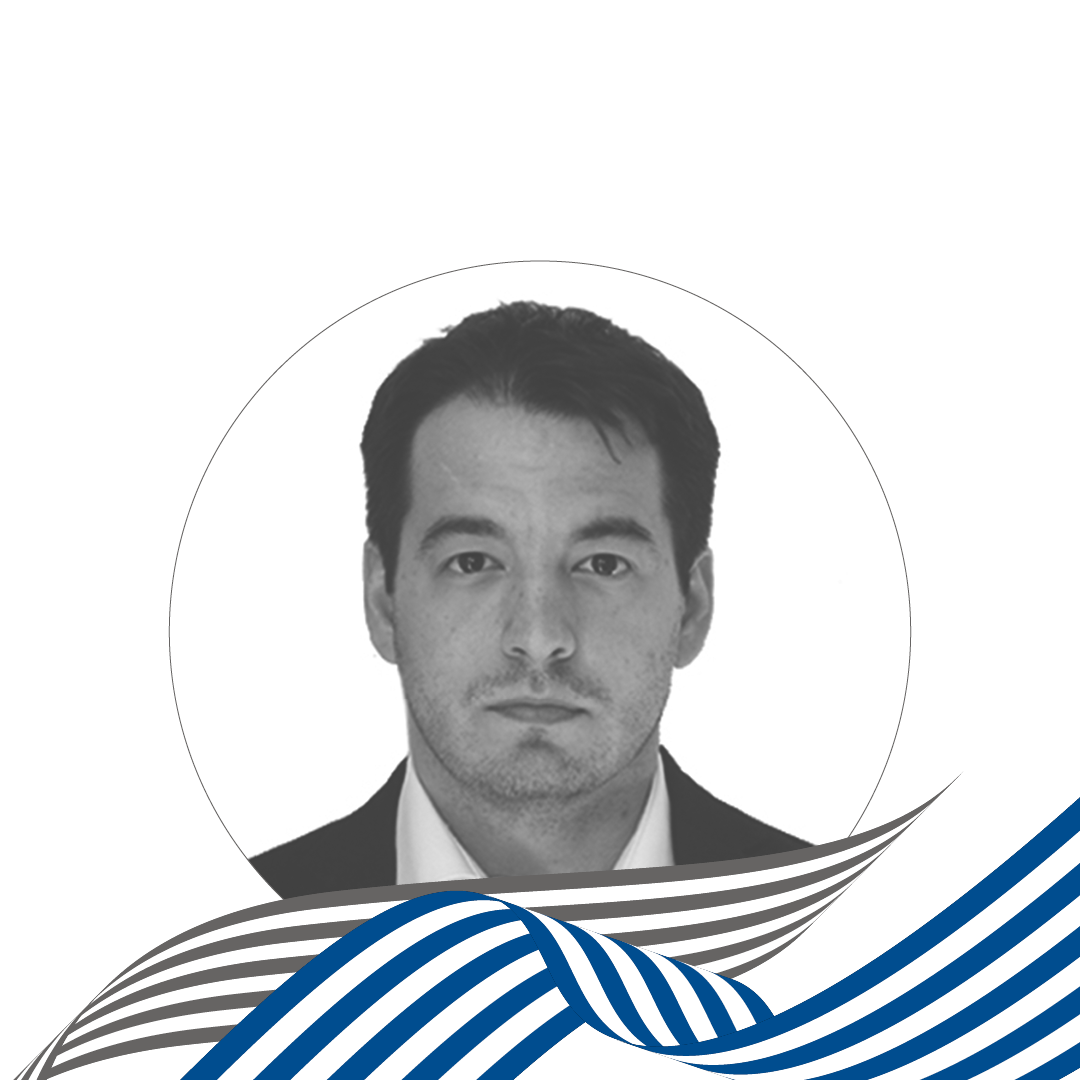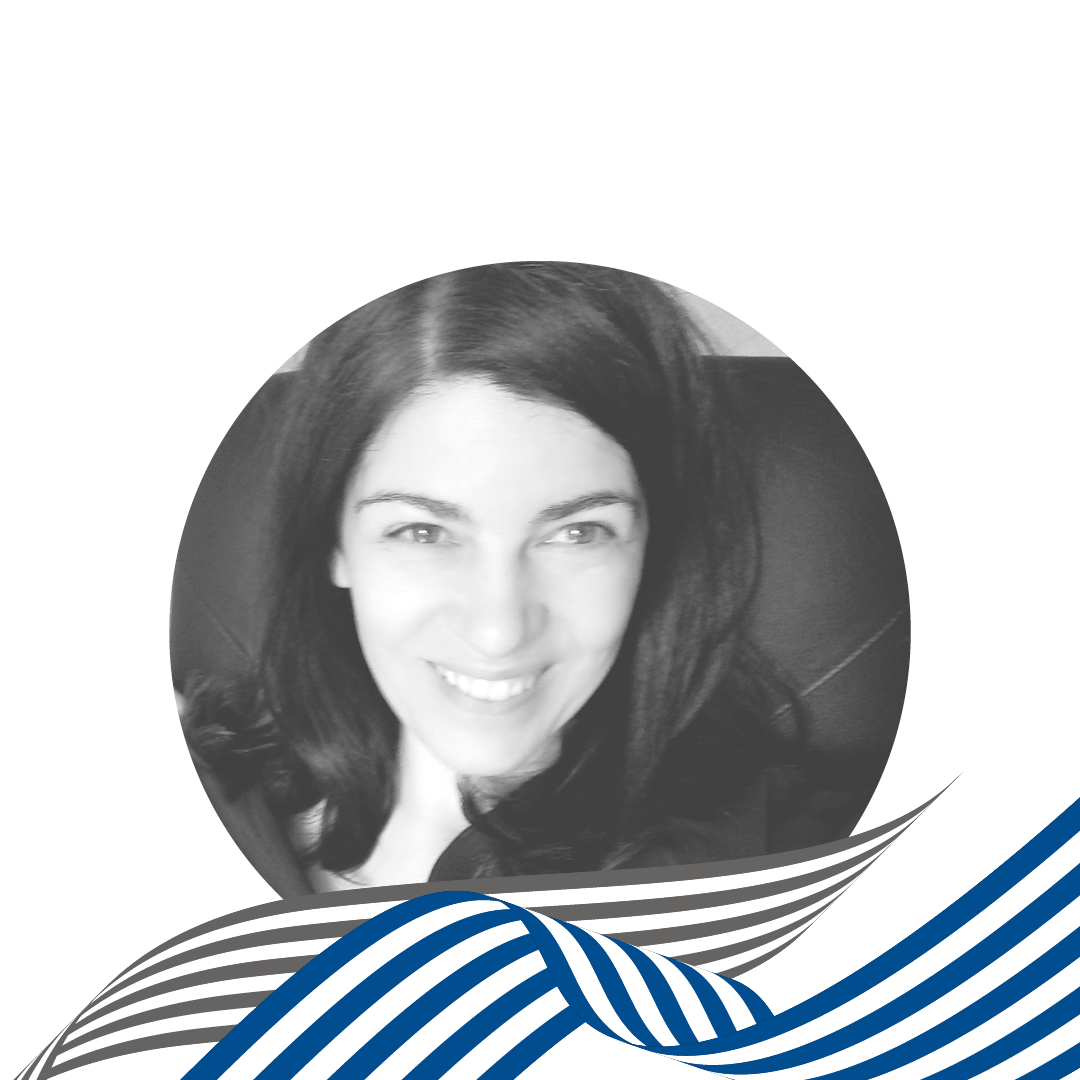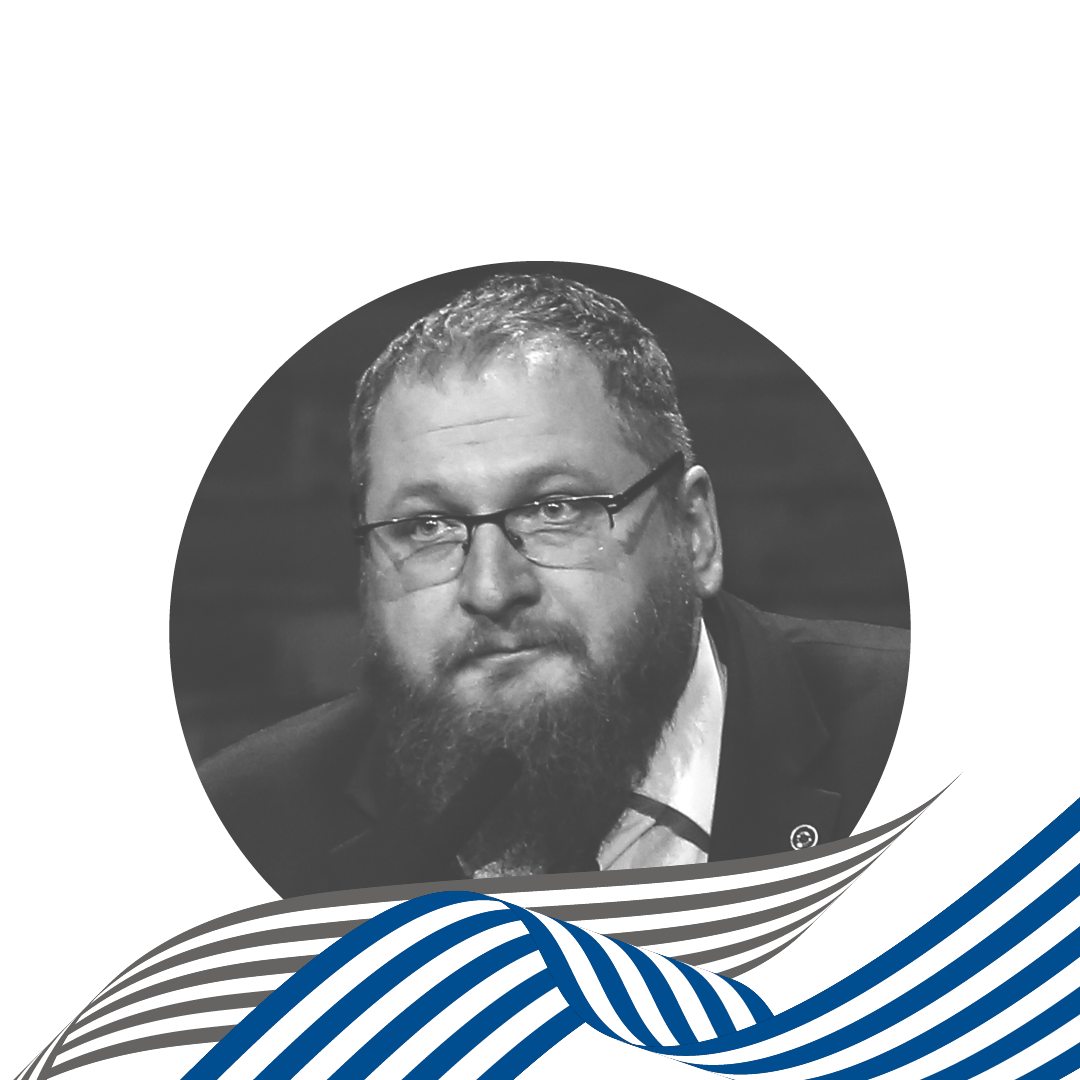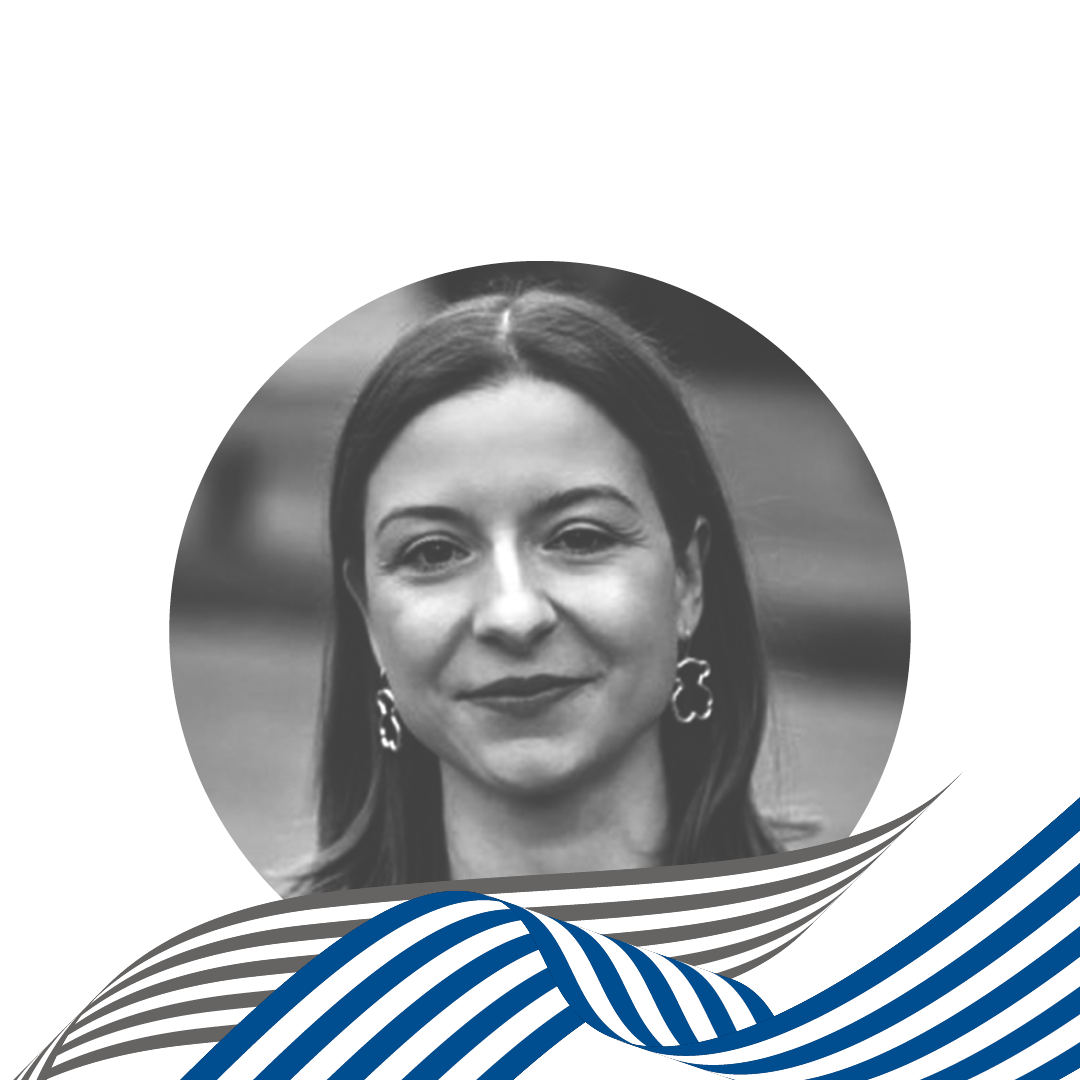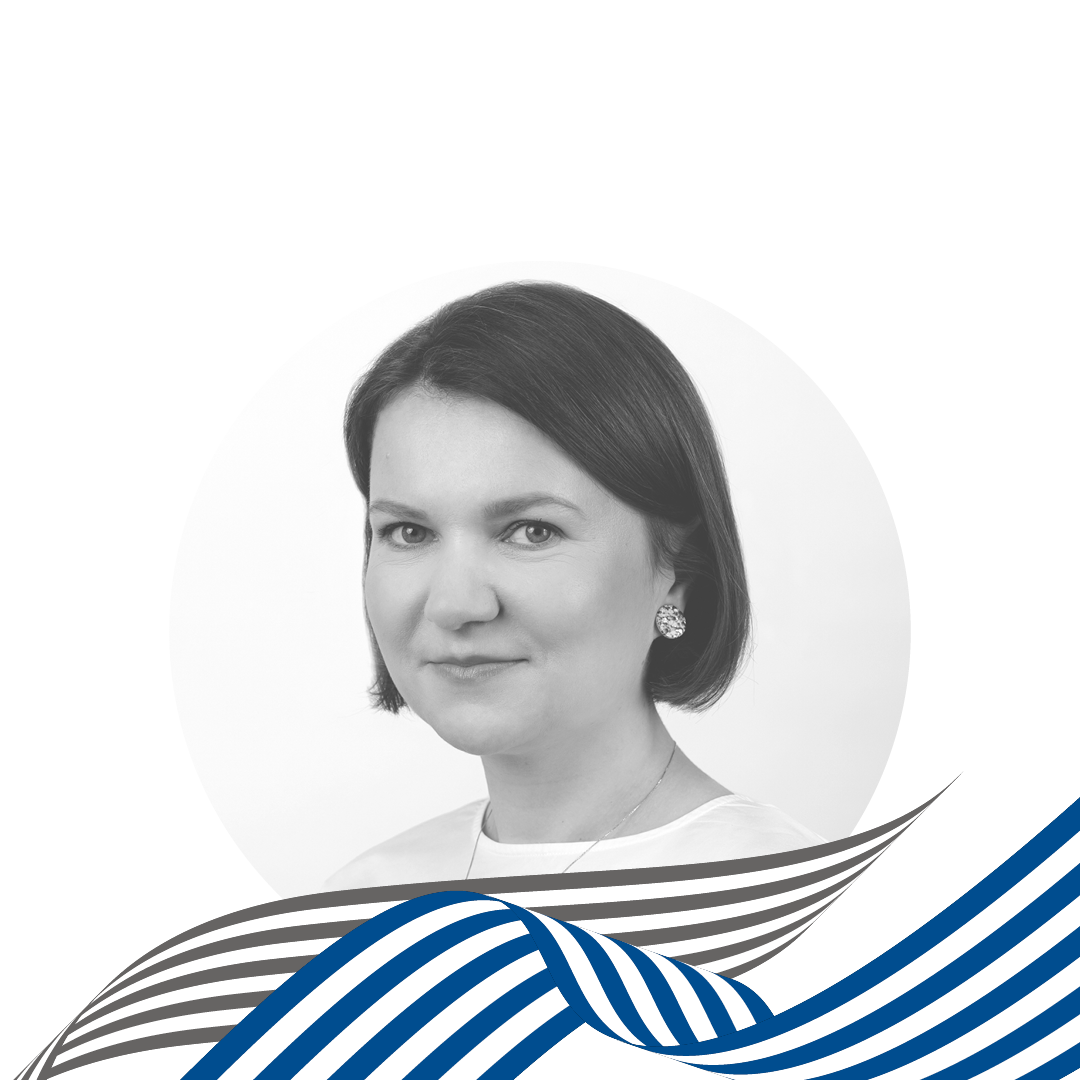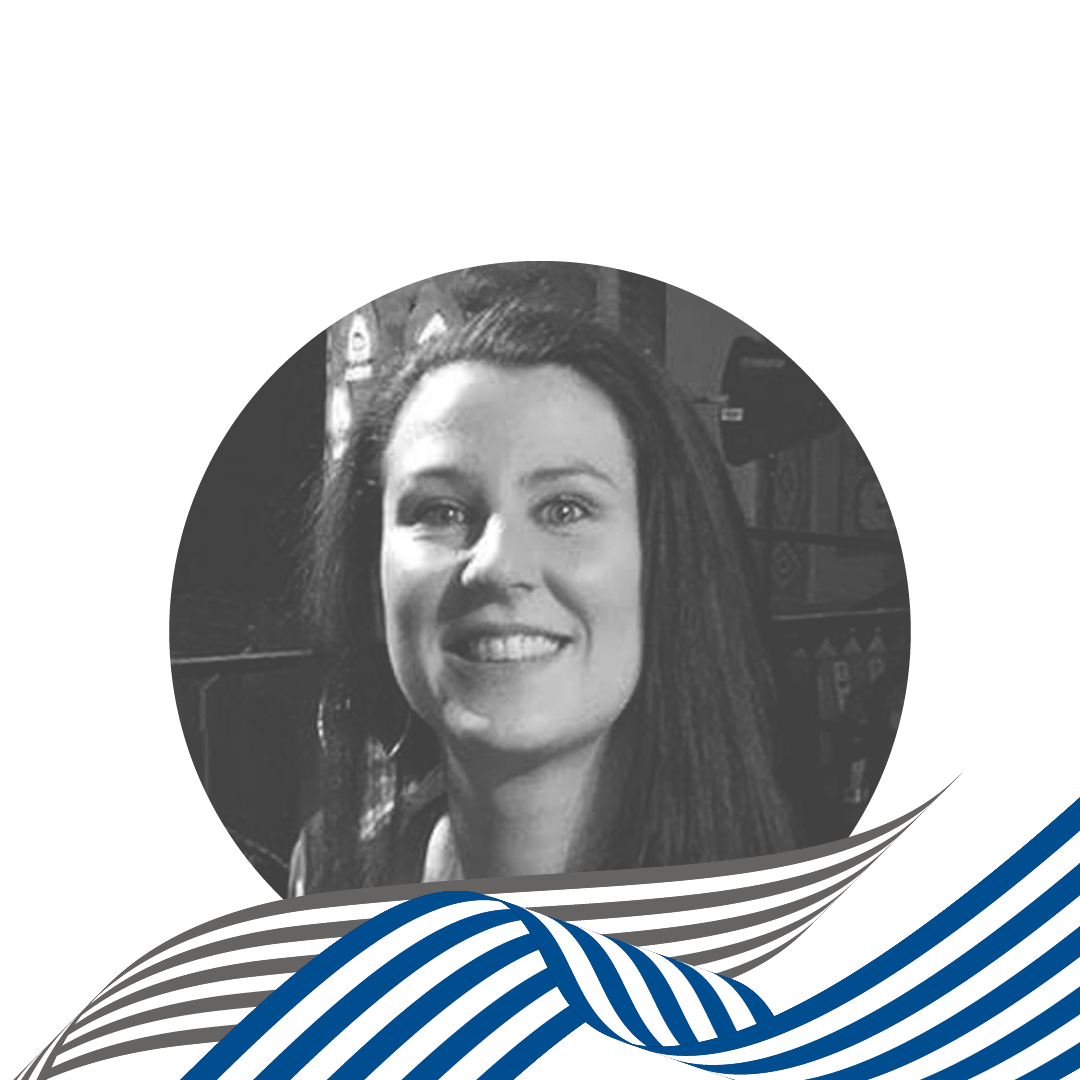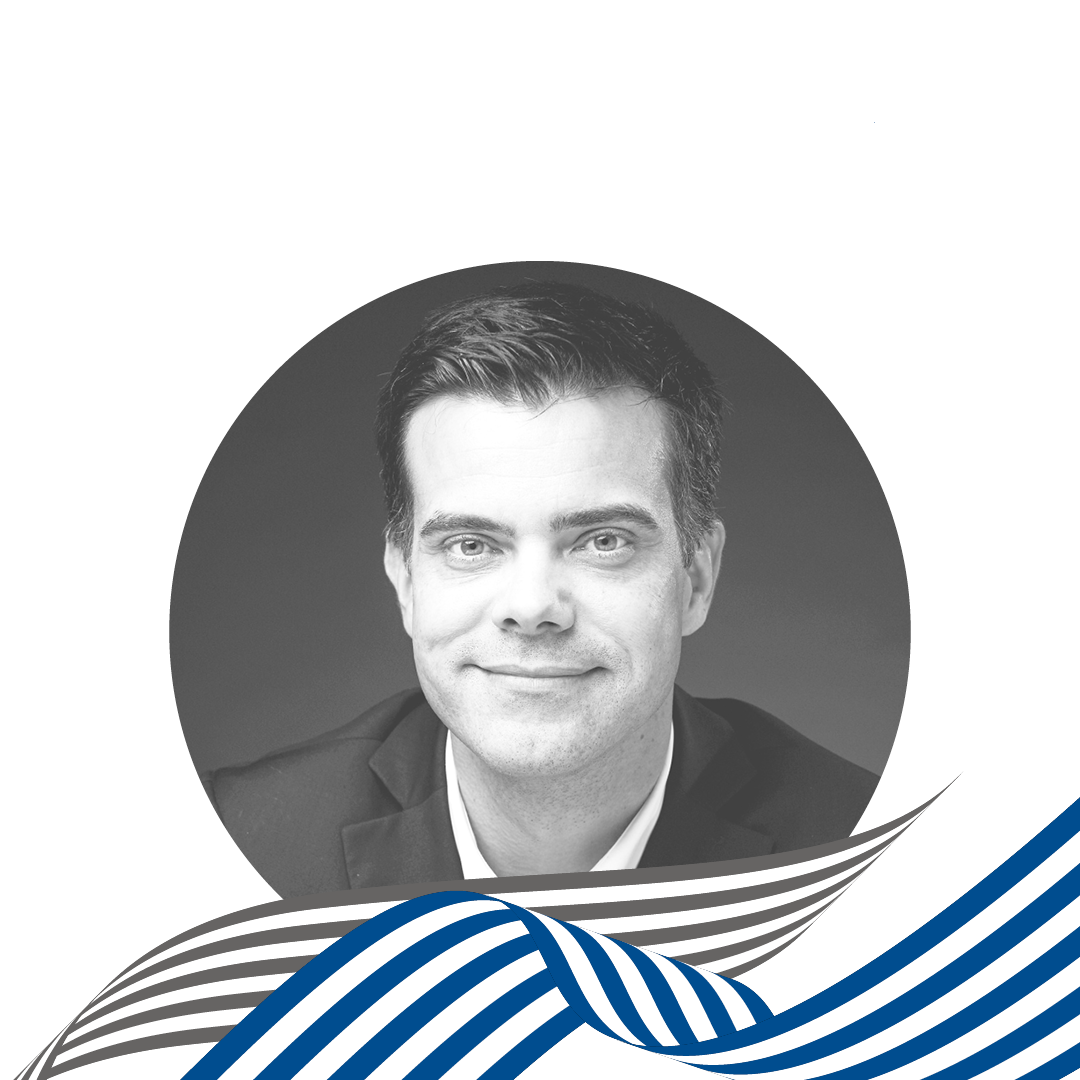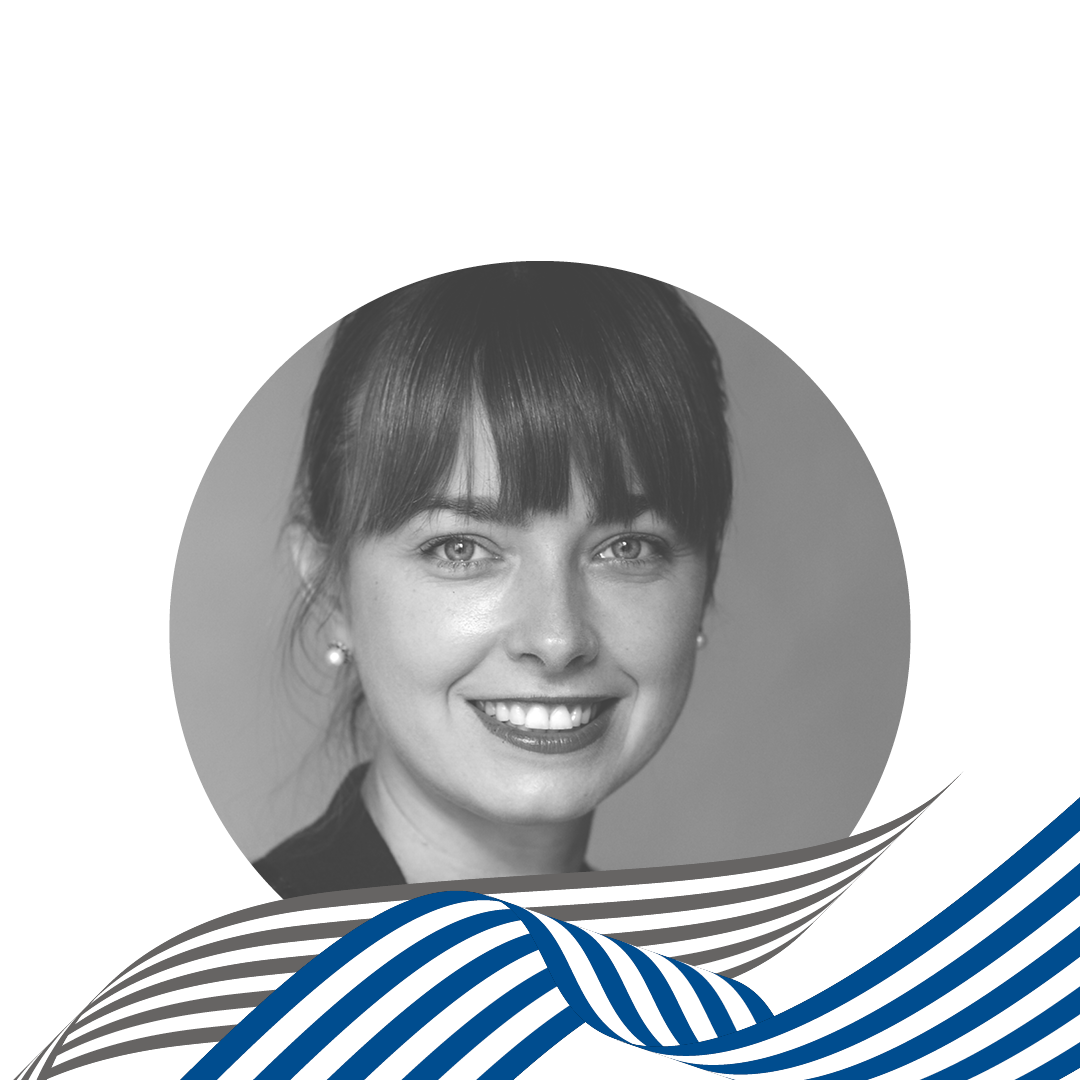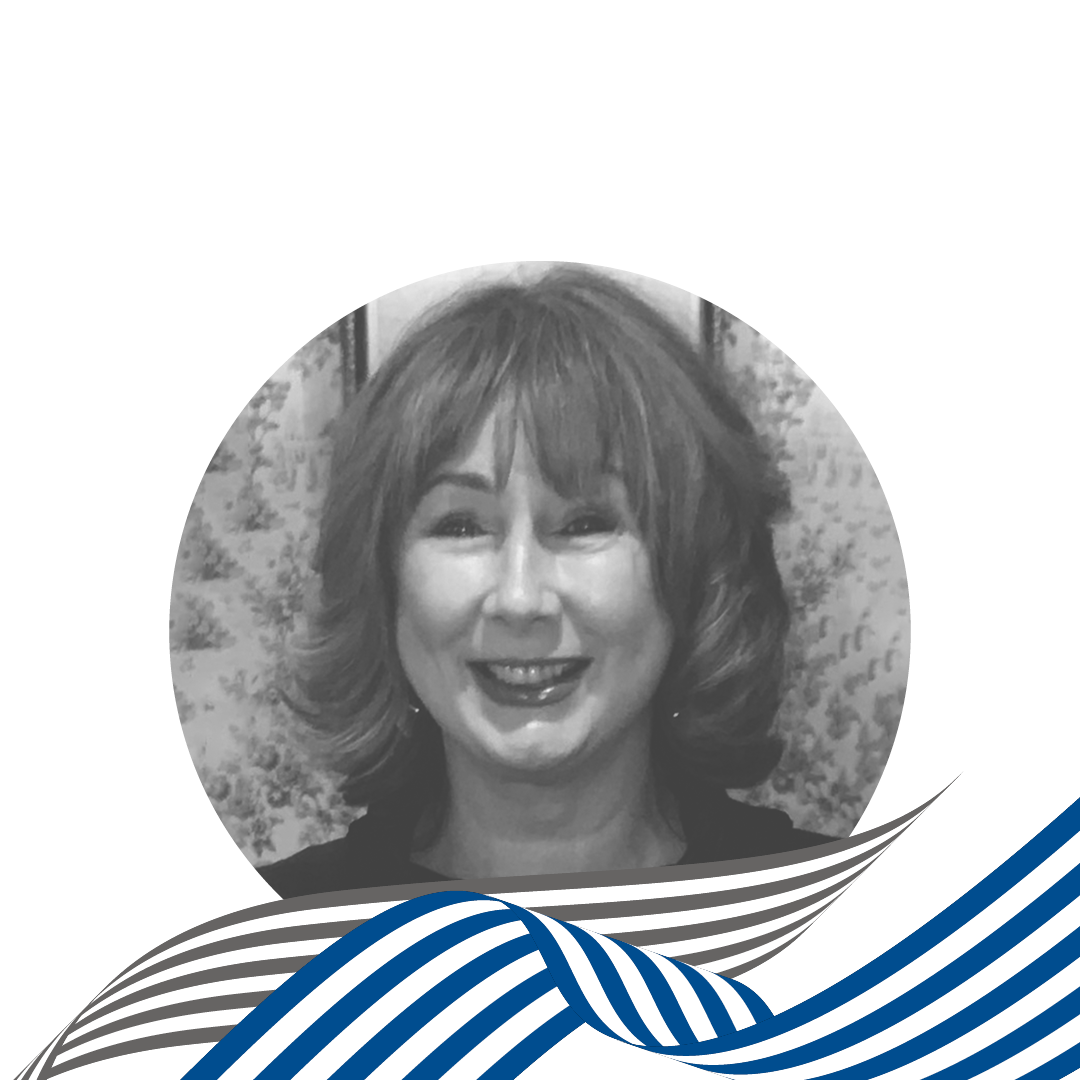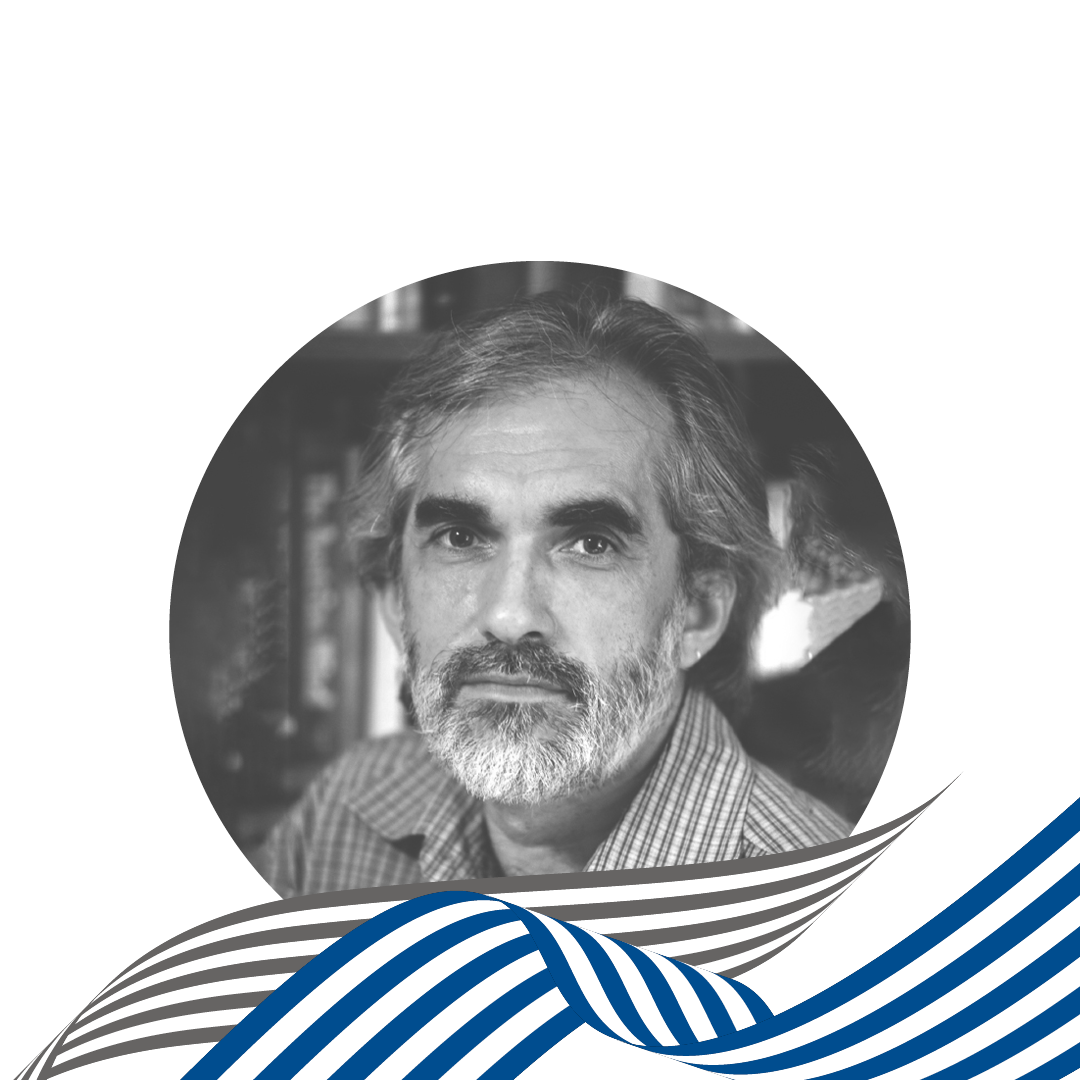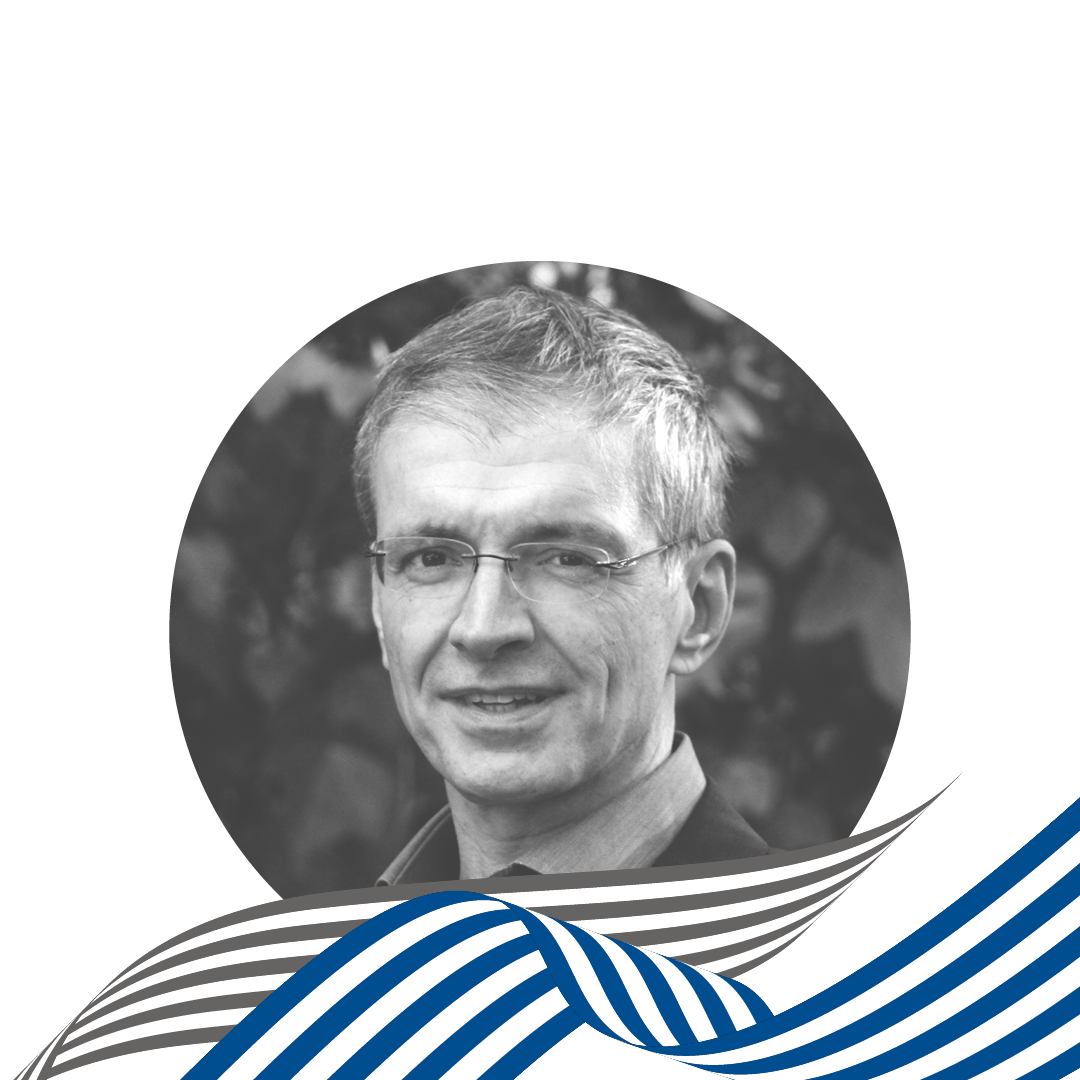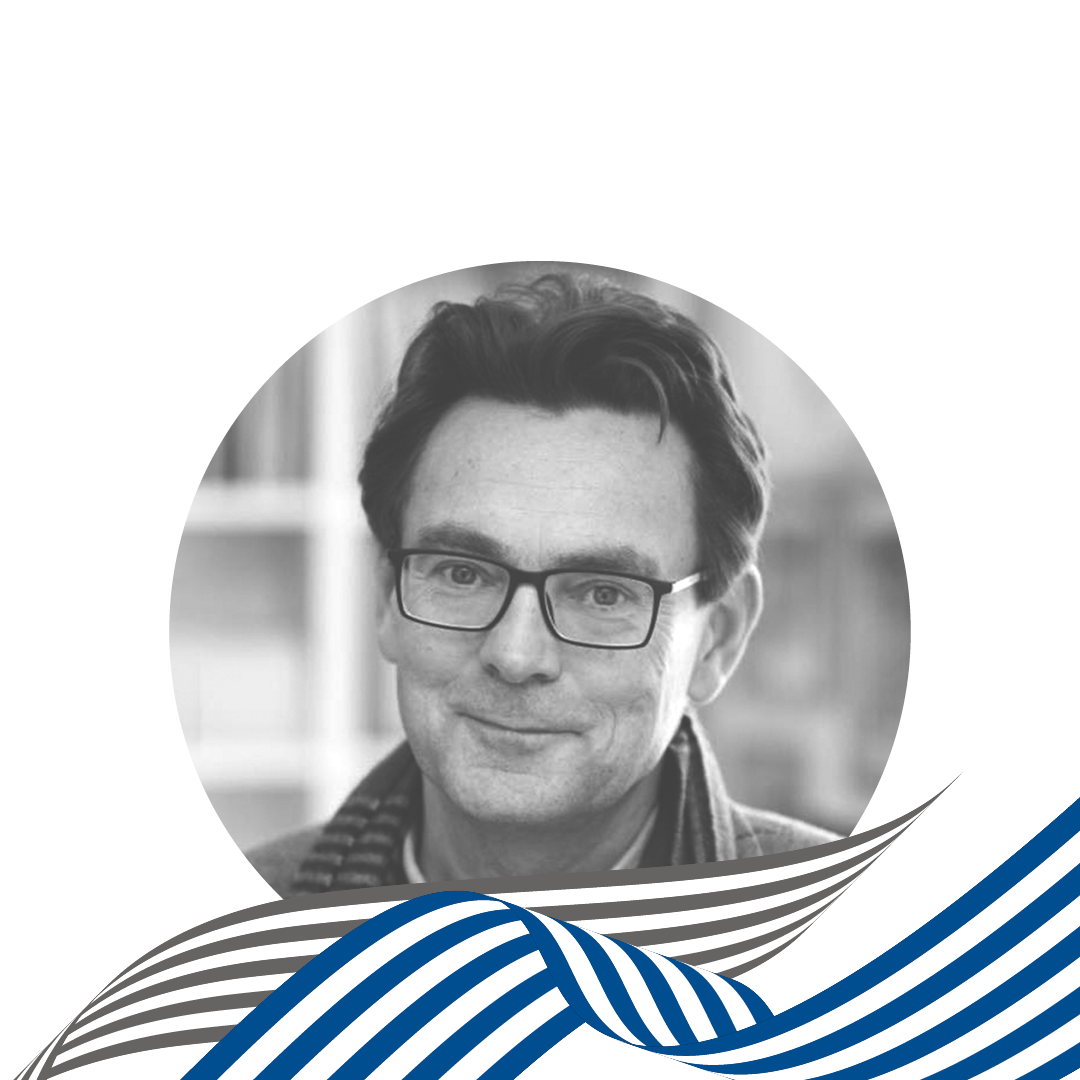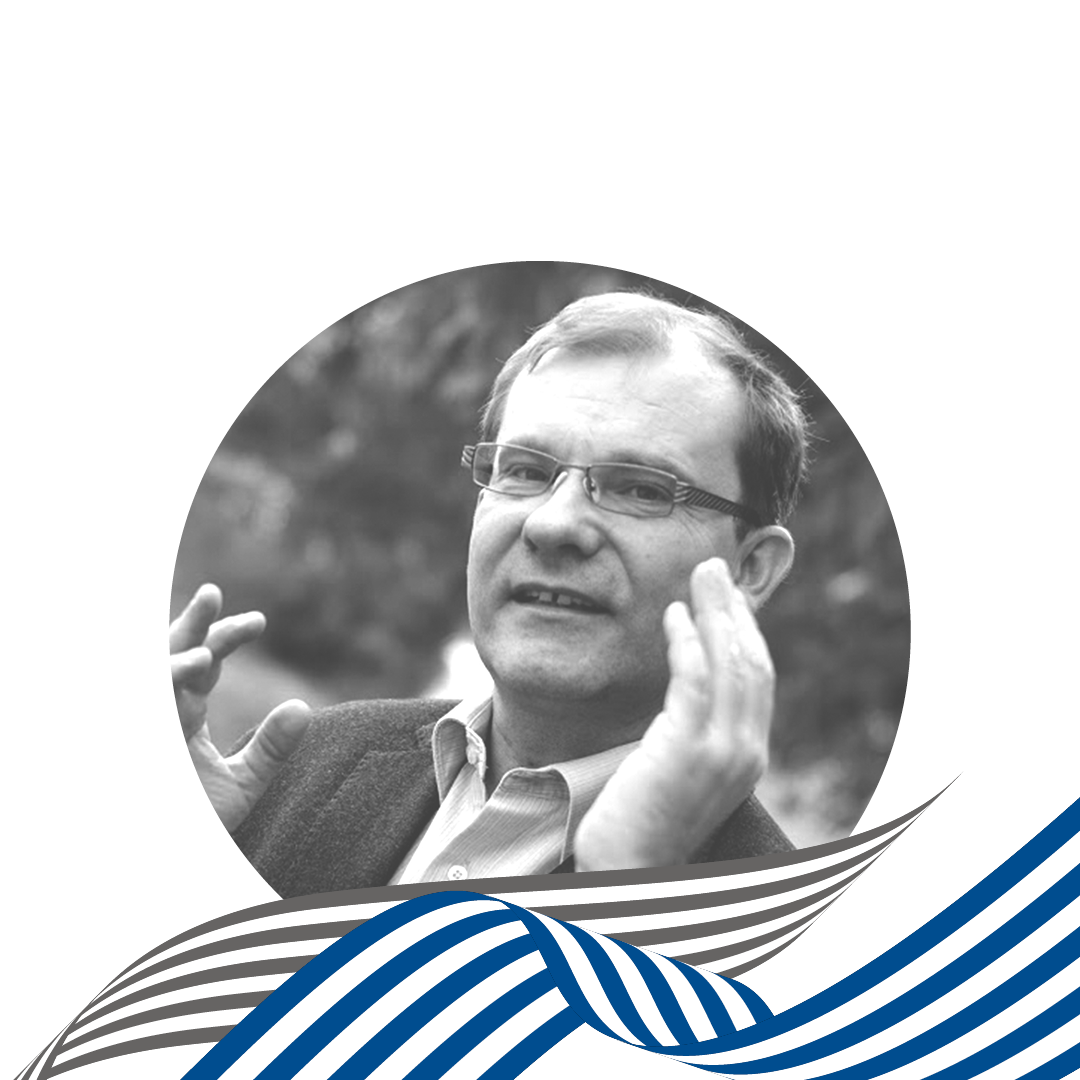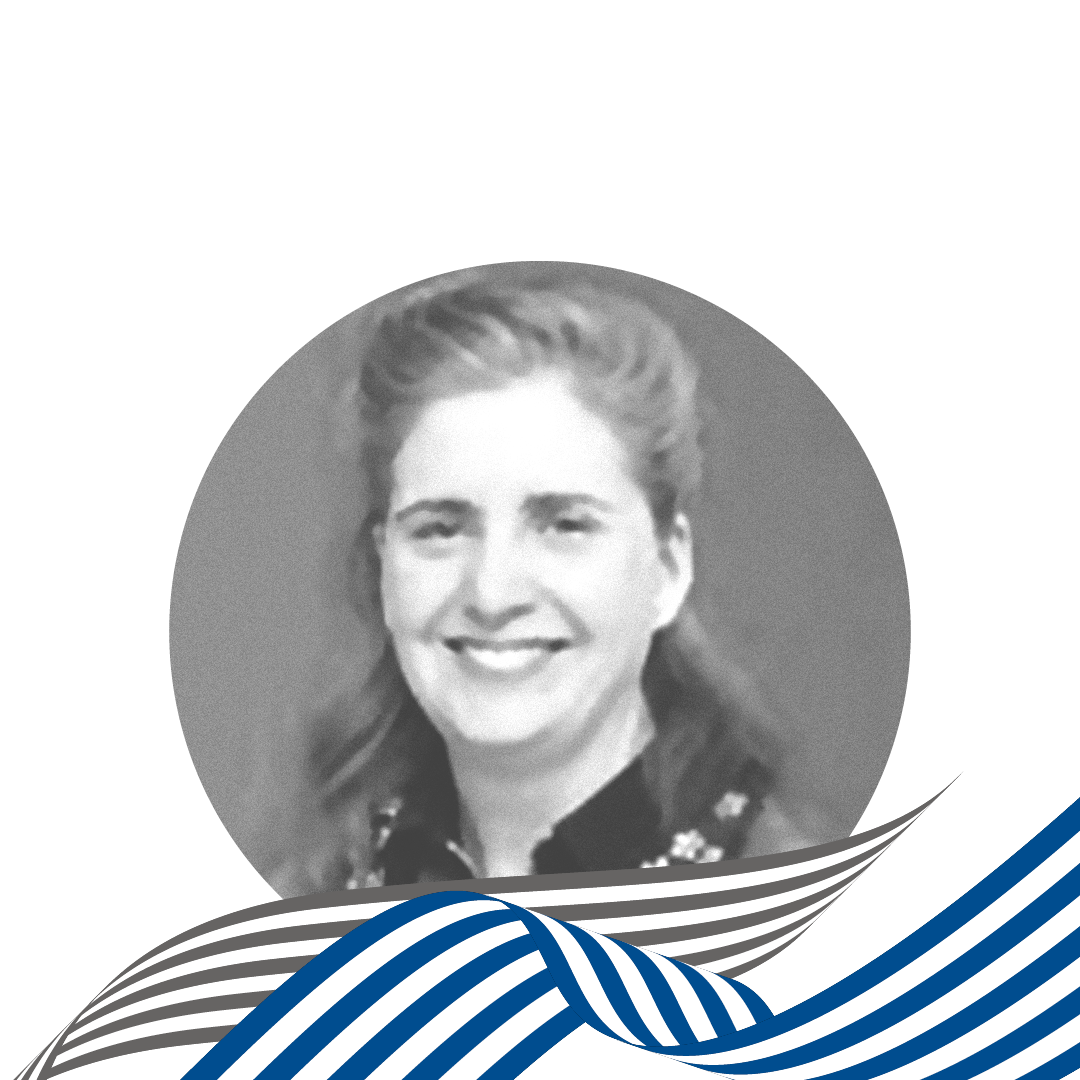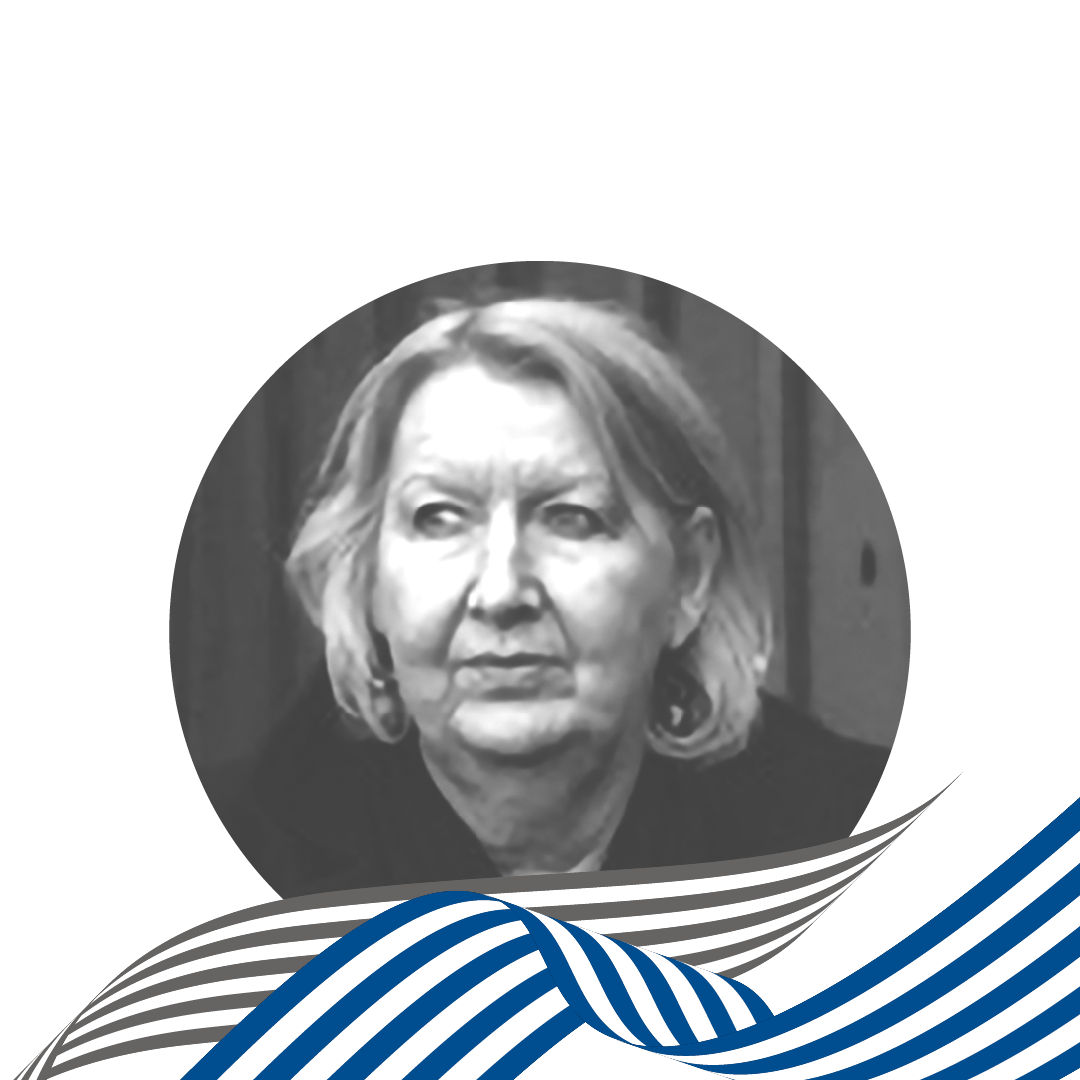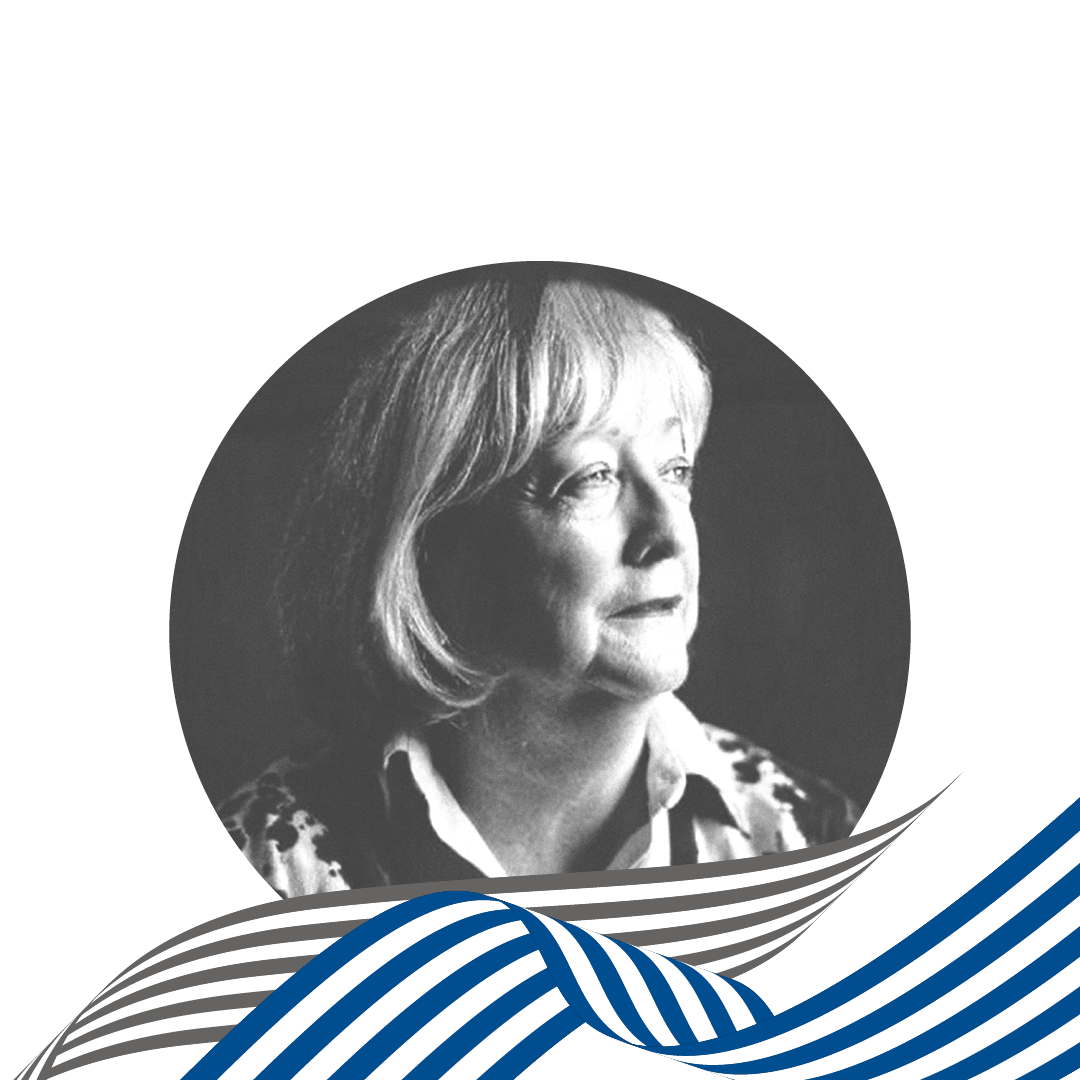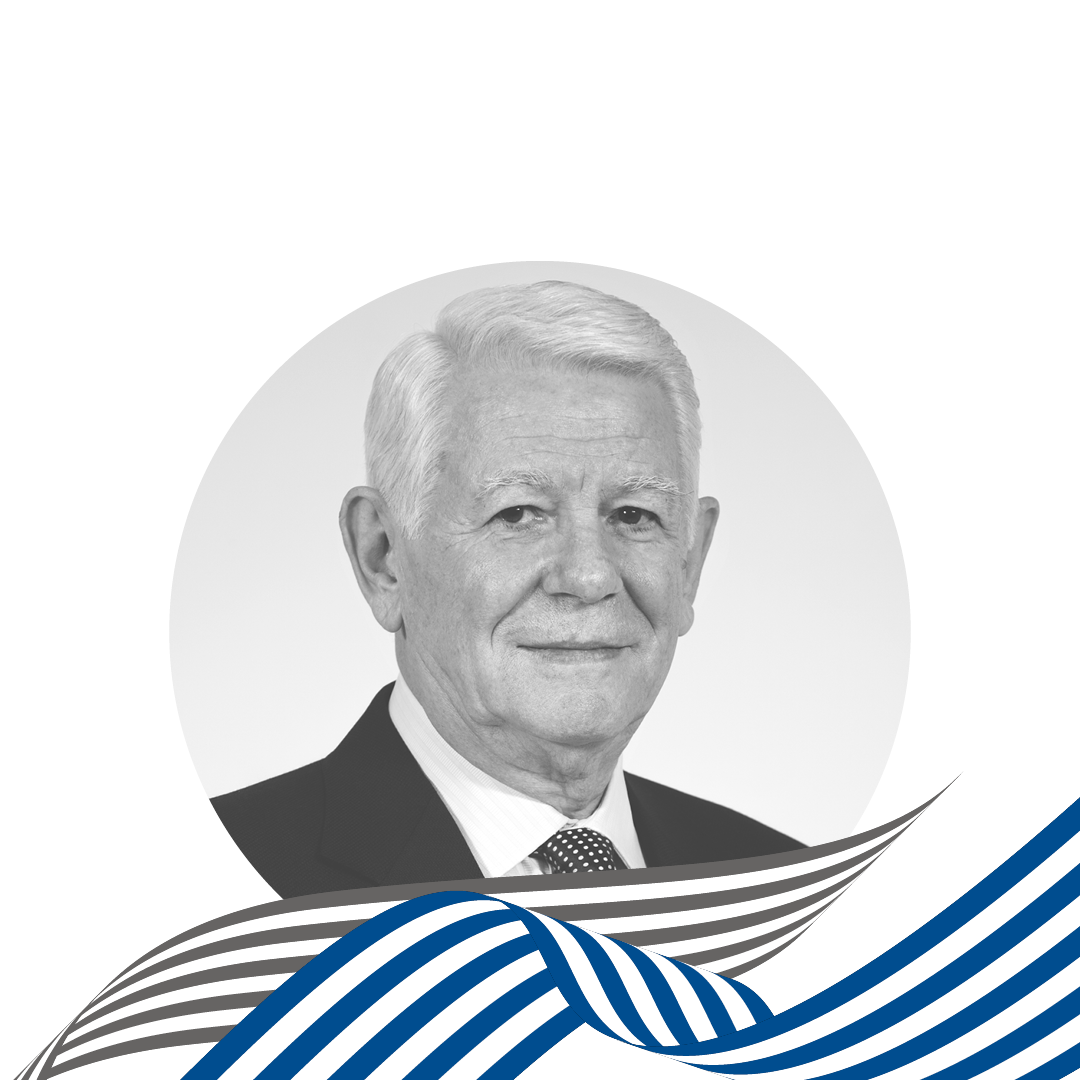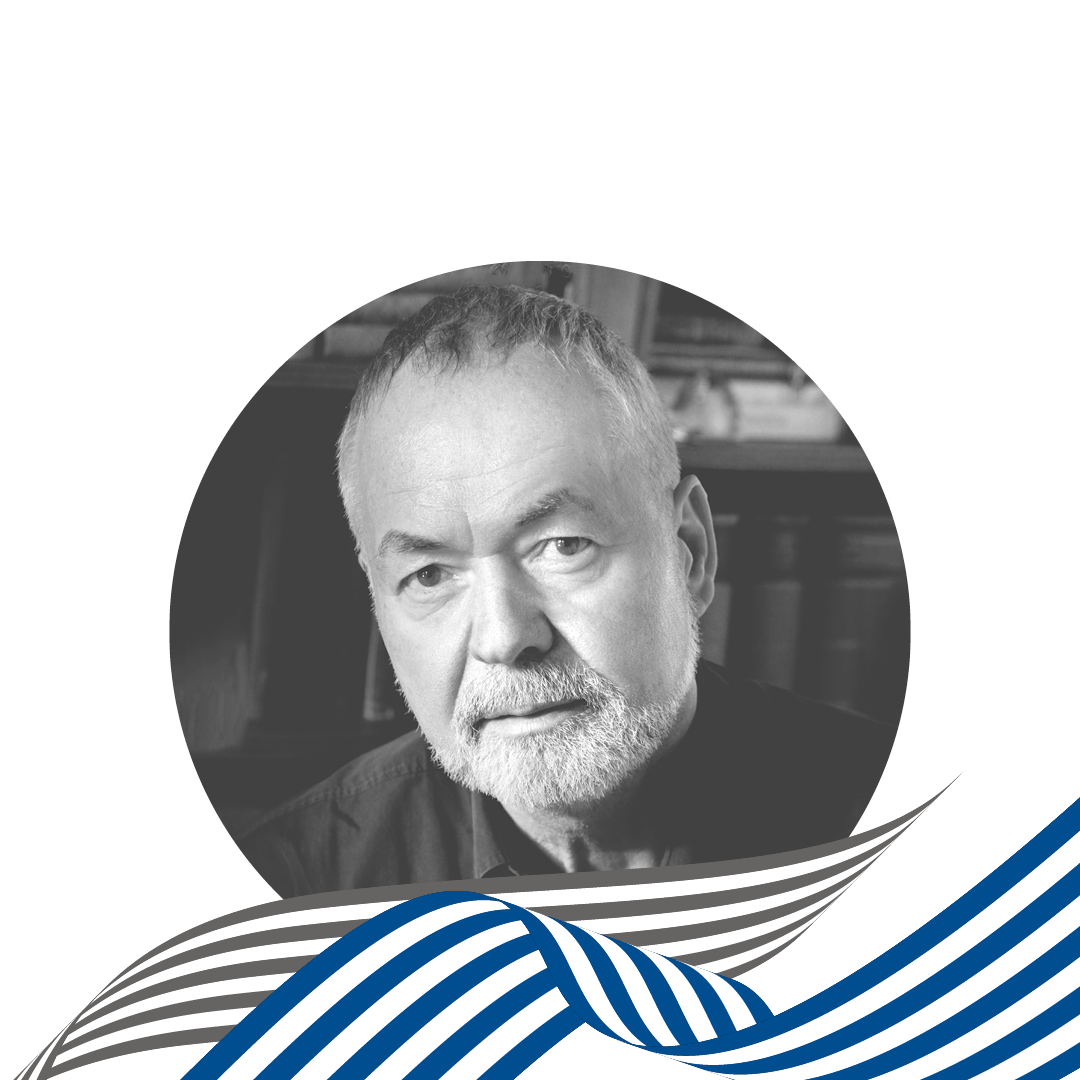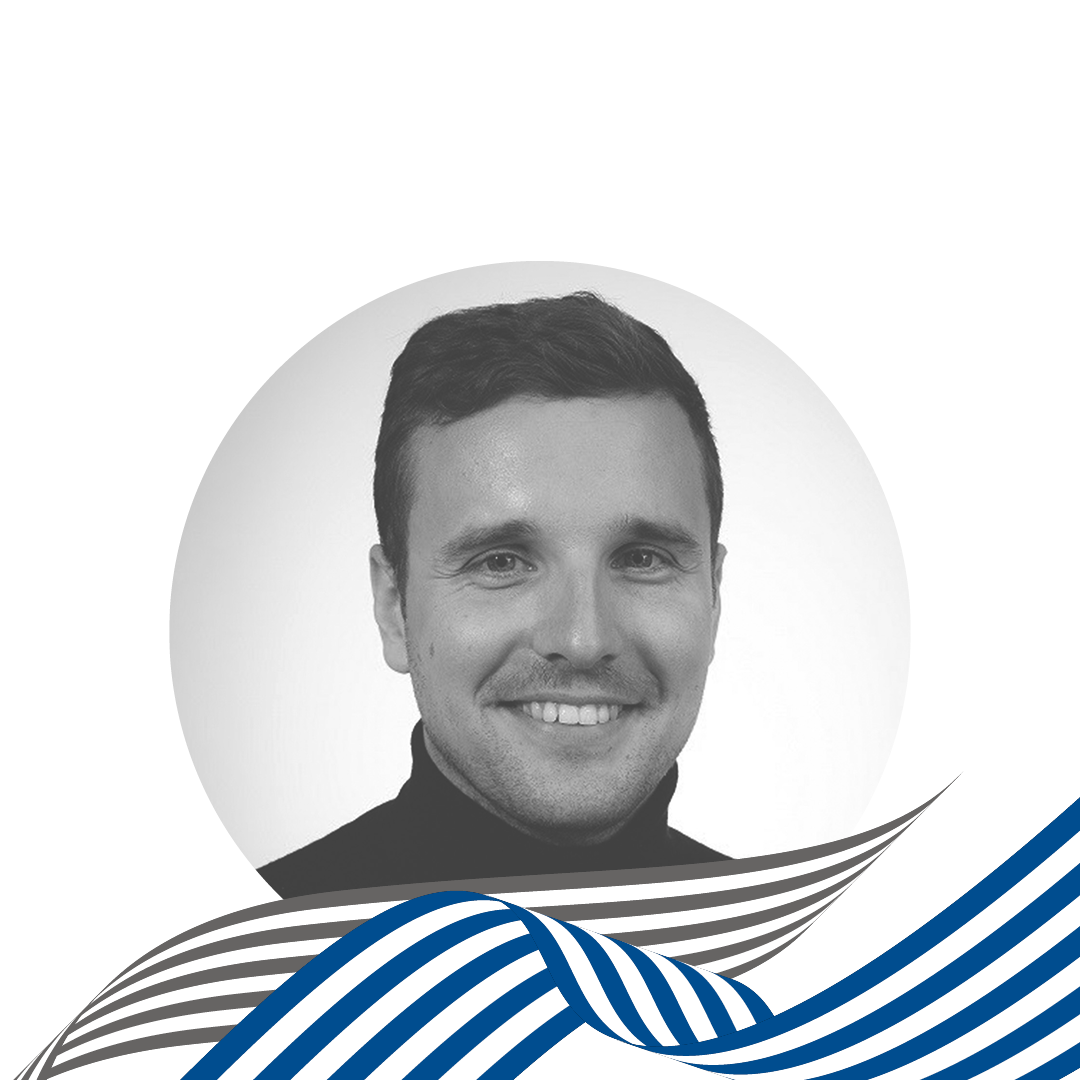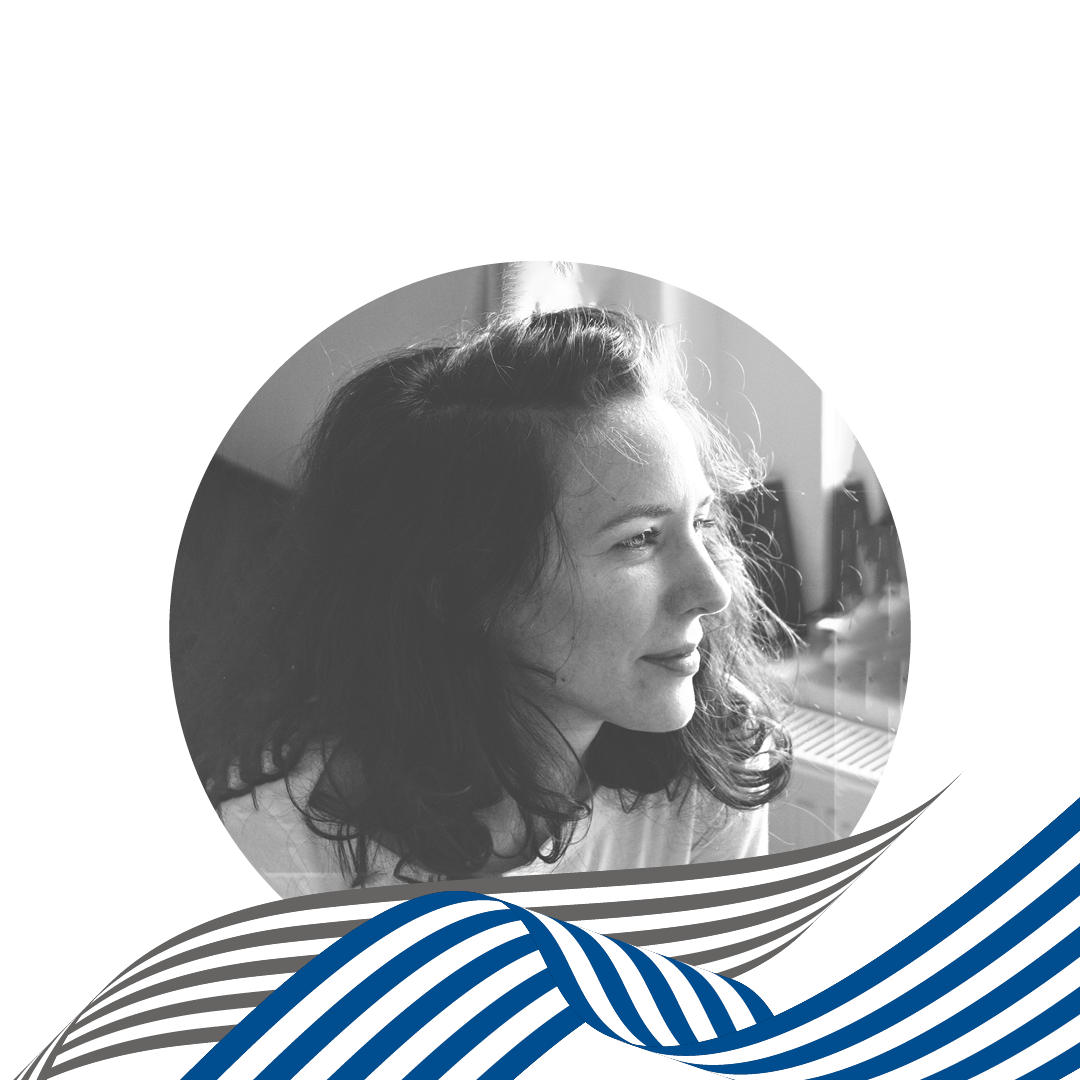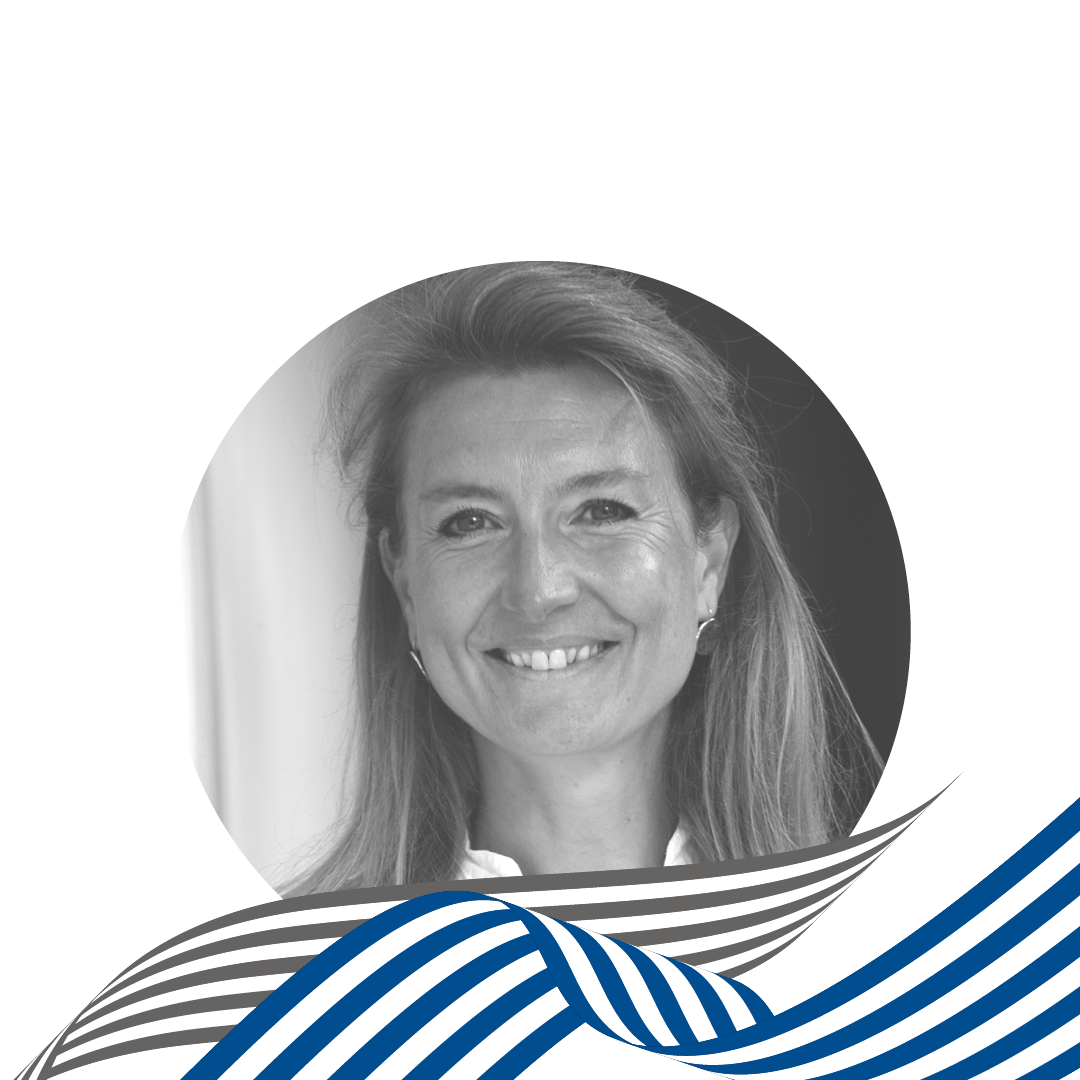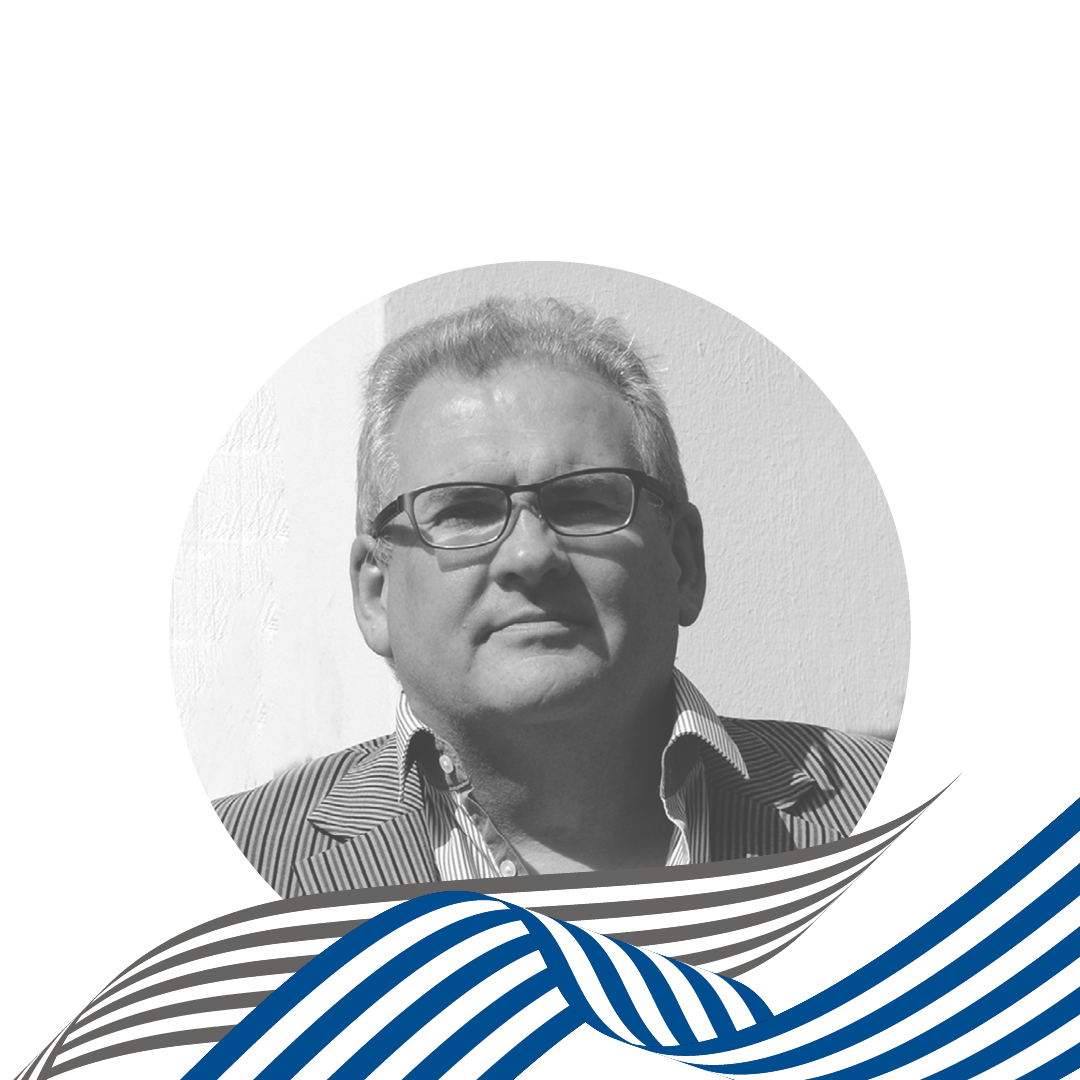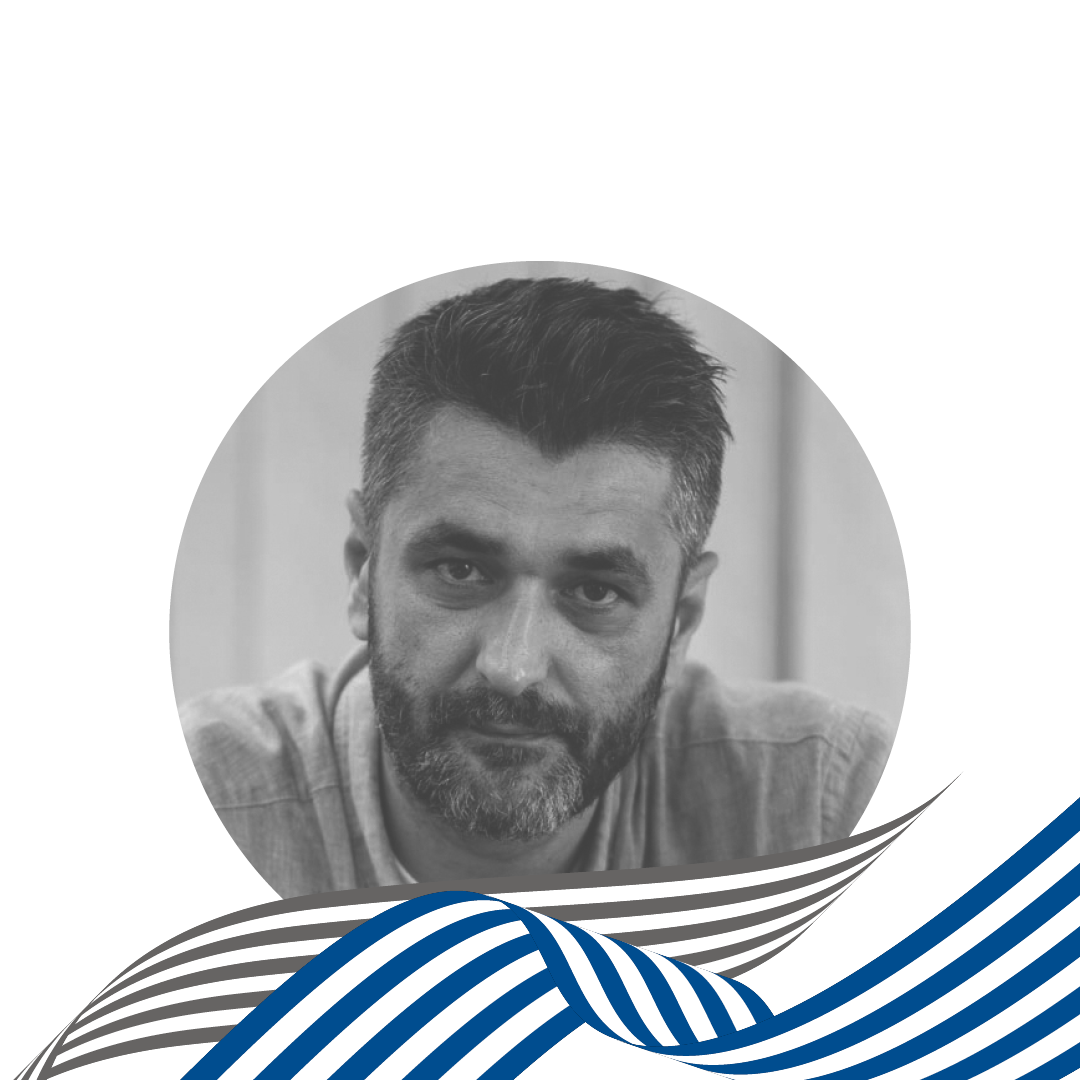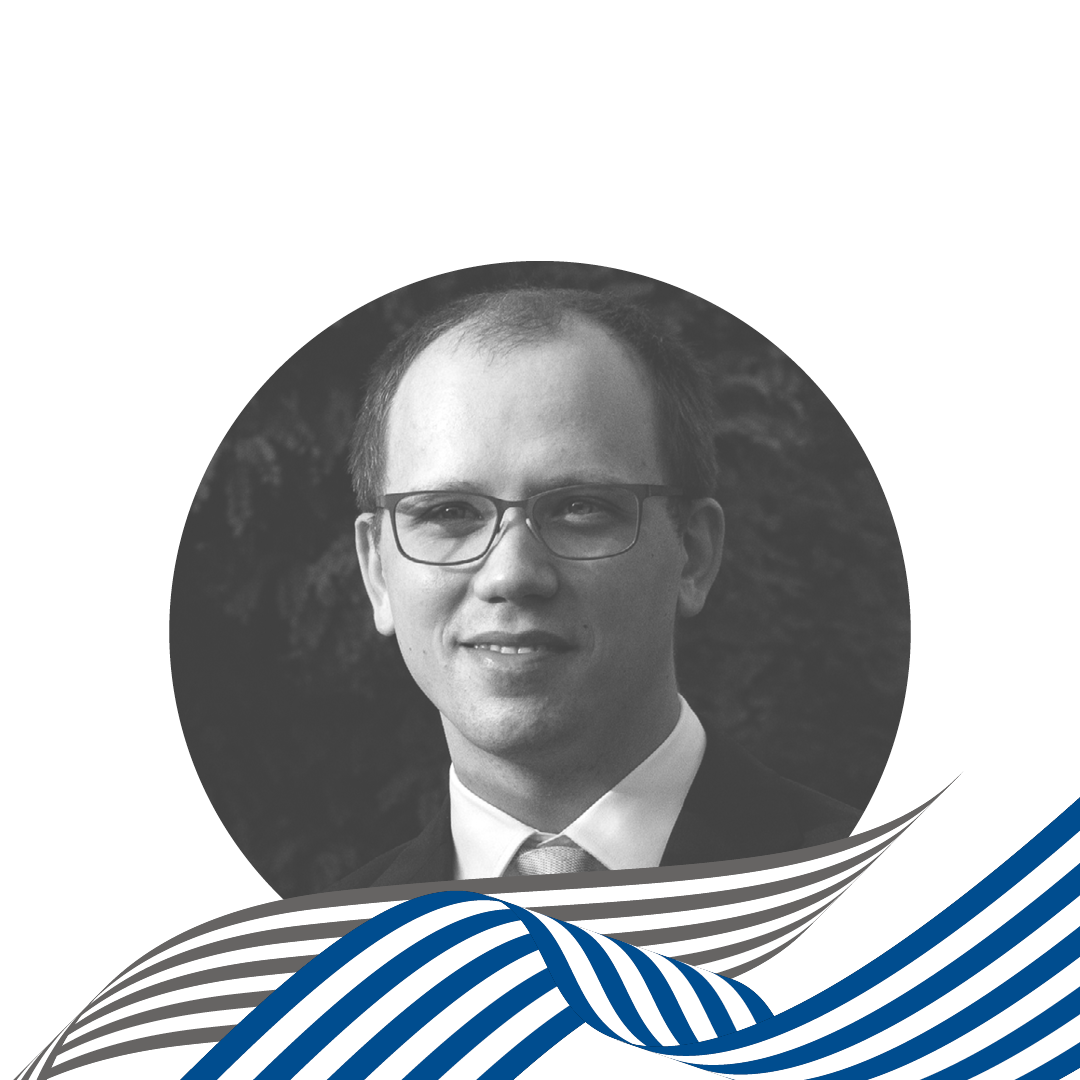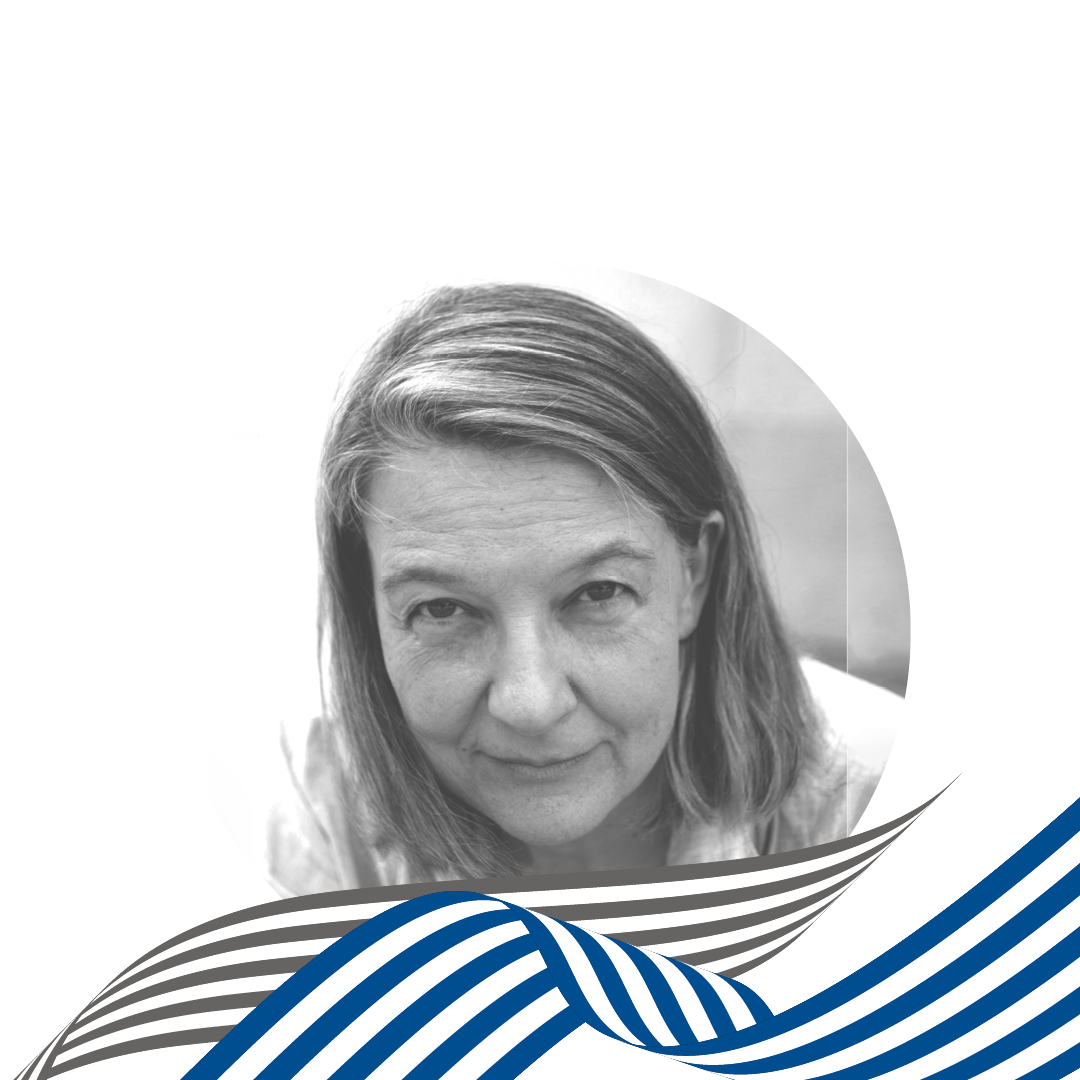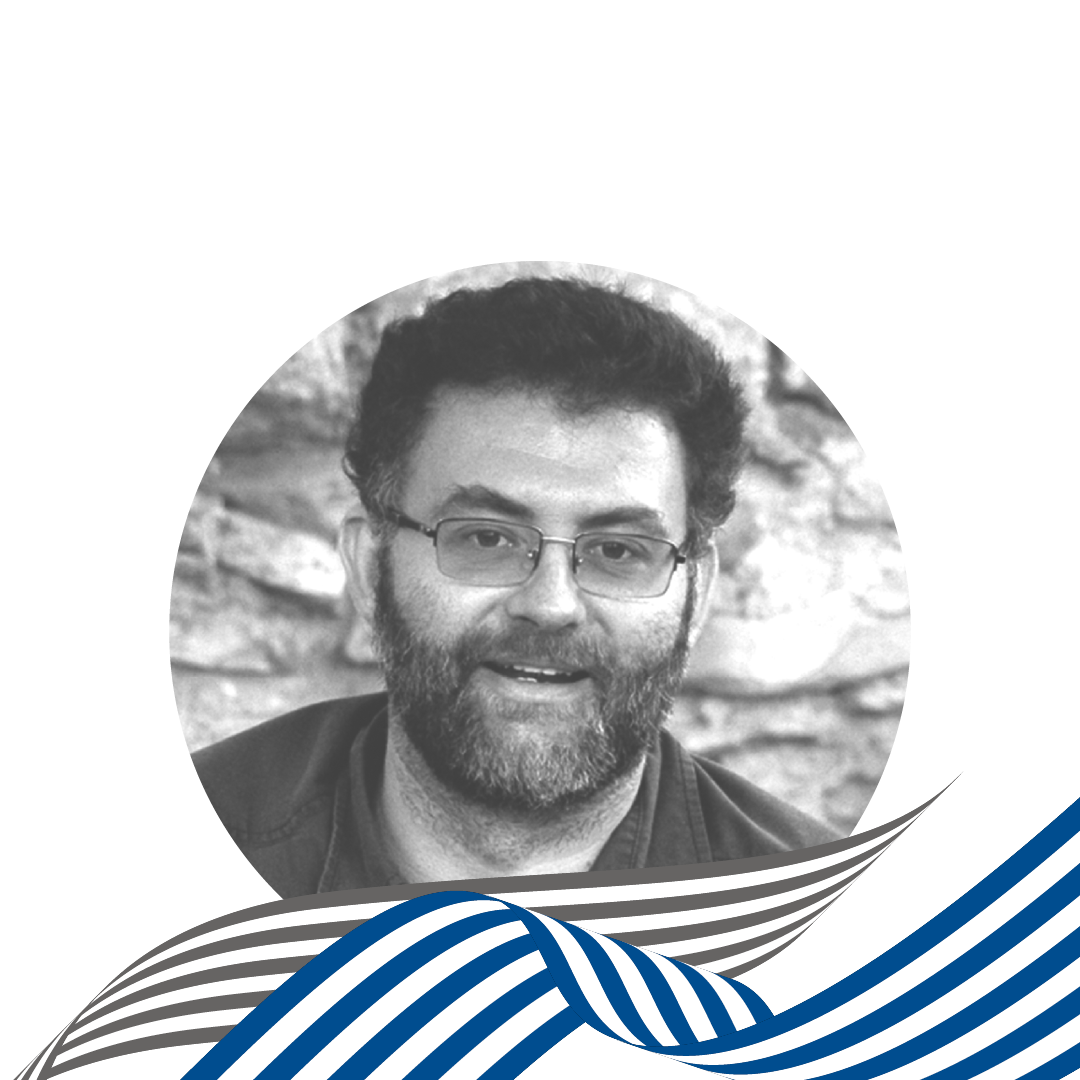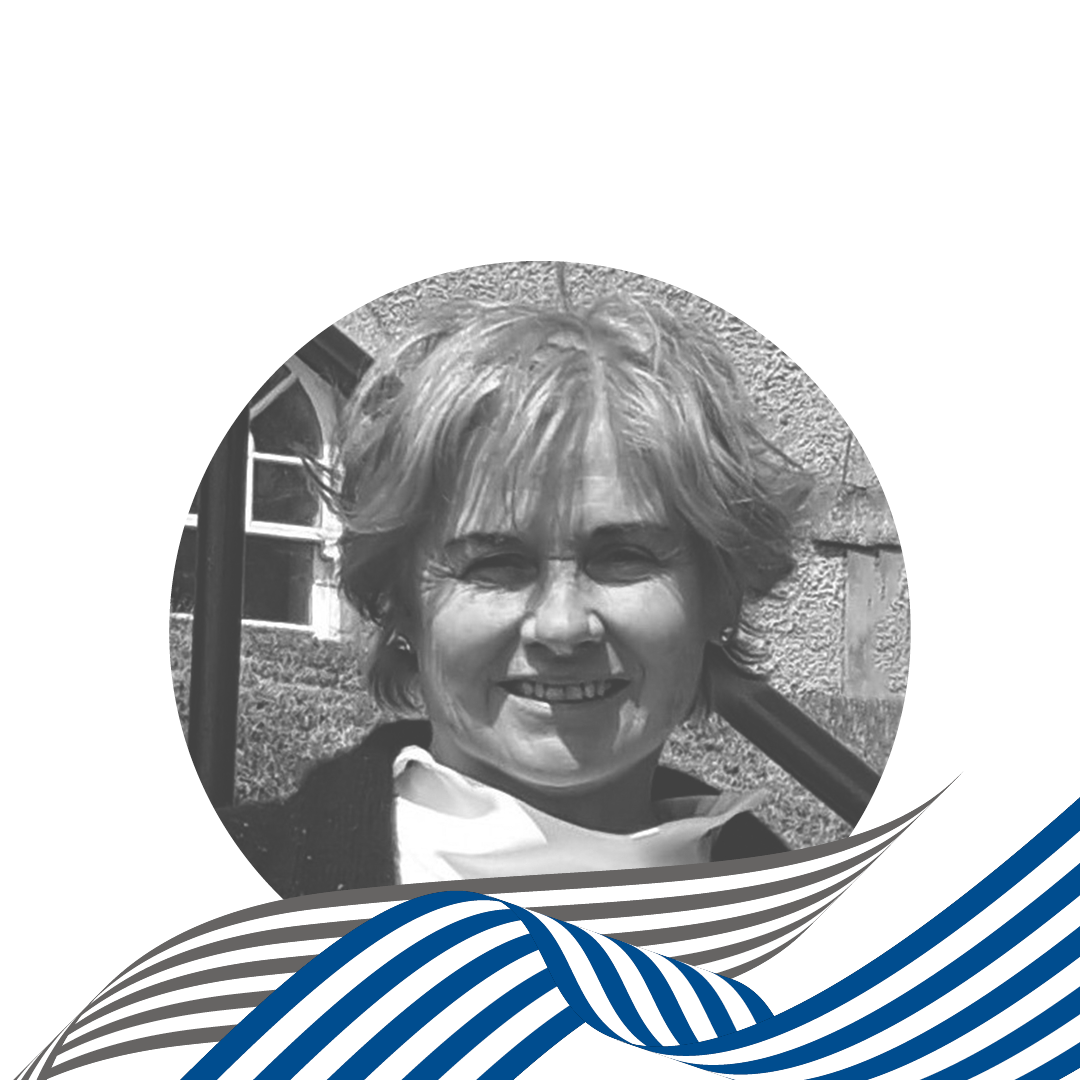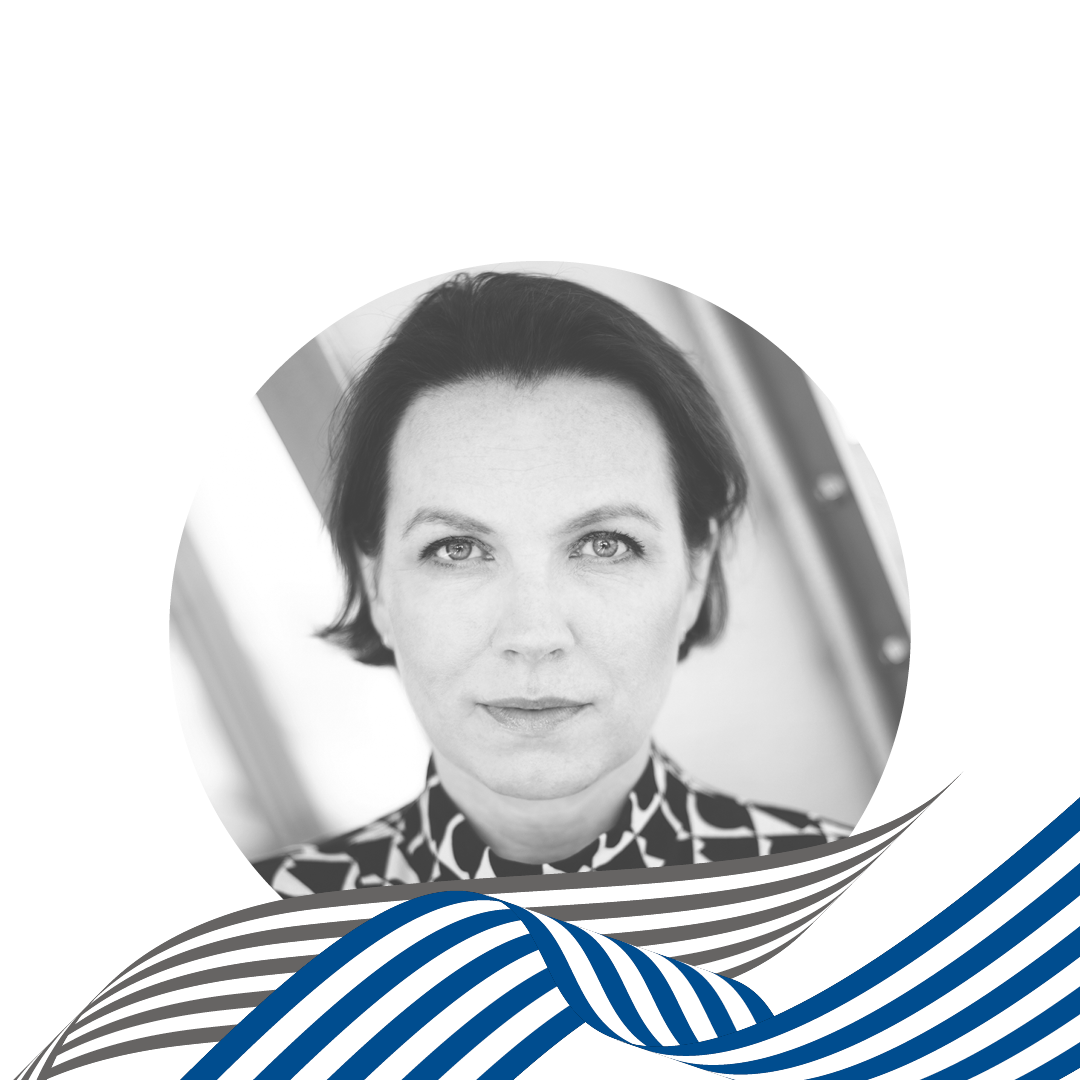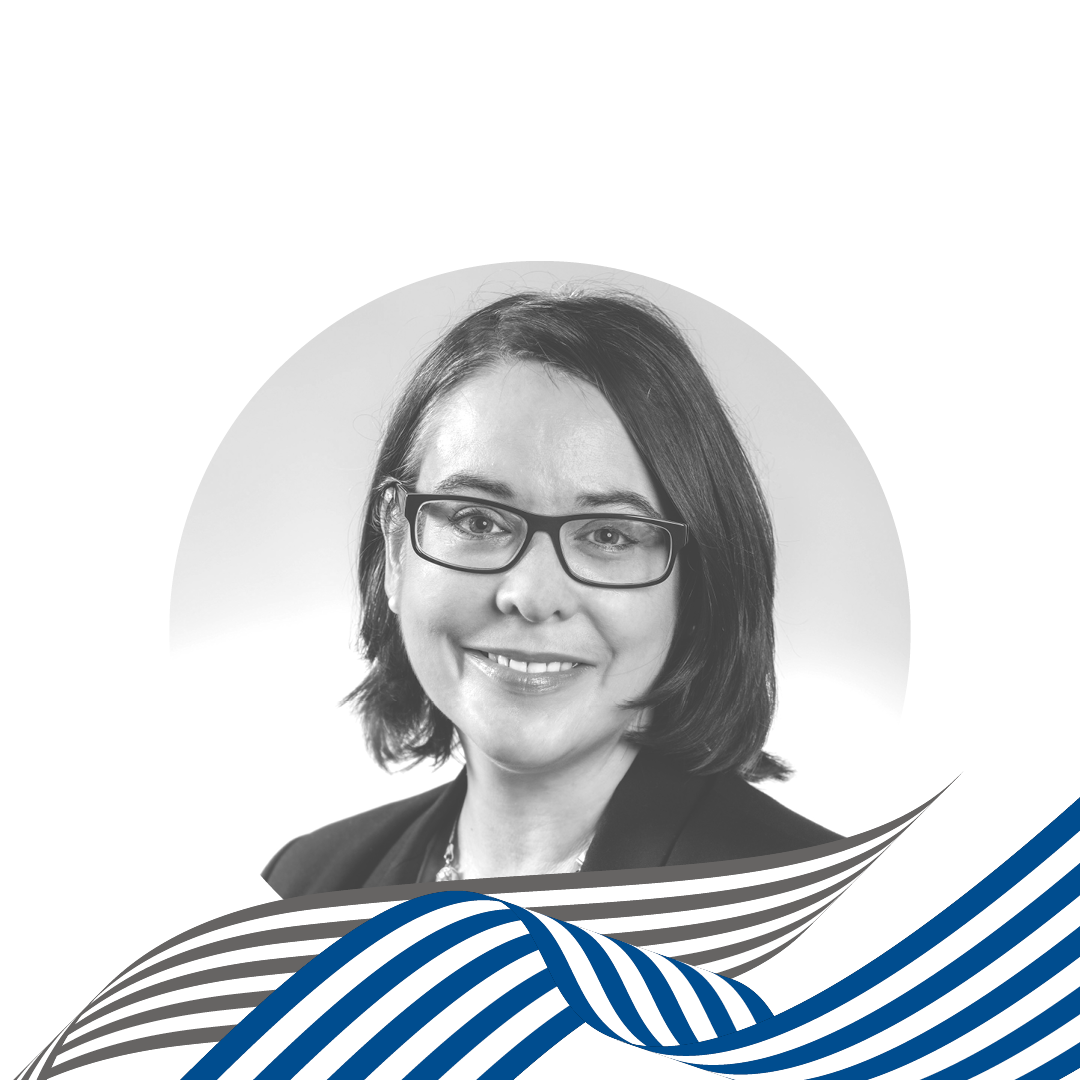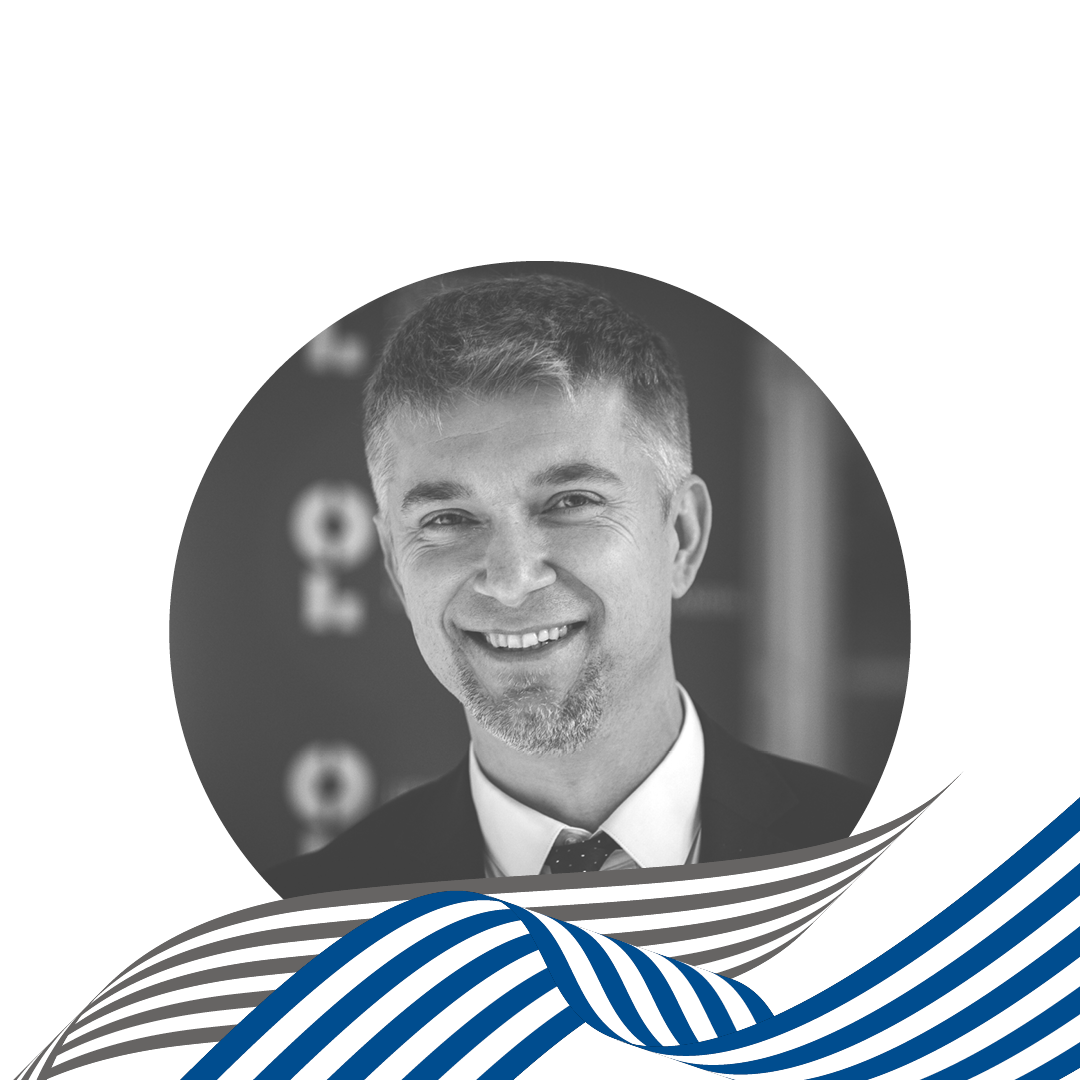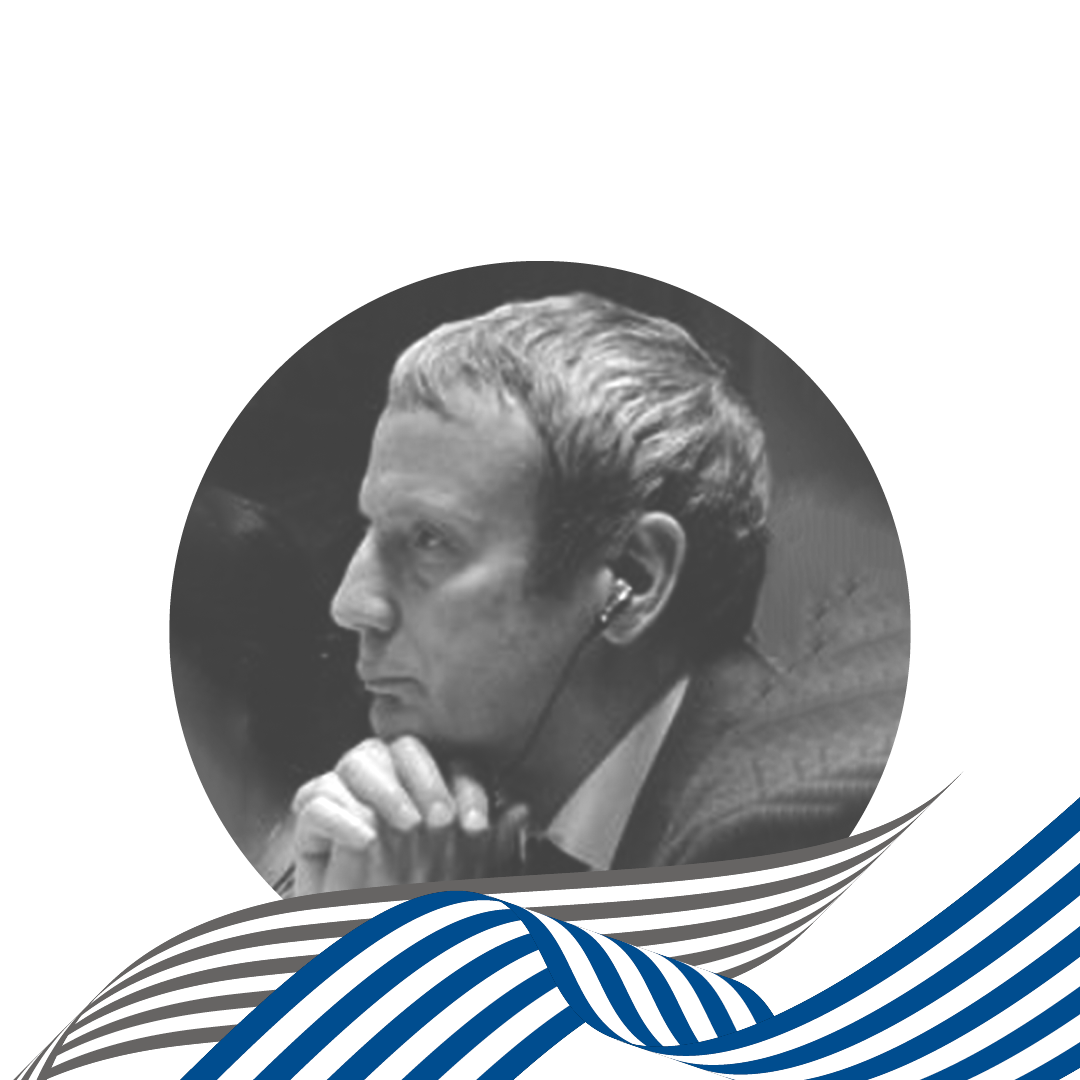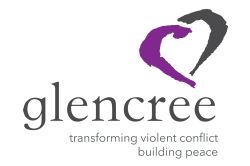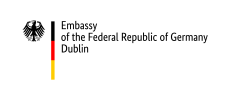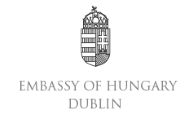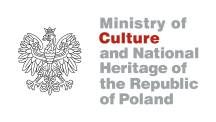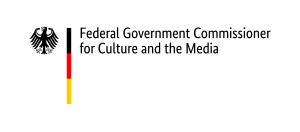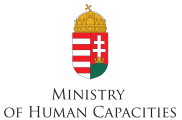09:30-10:00 IST (GMT+1)
Coffee break
The Burke Theatre, Trinity College Dublin
10:00-11:30 IST (GMT+1)
Third panel discussion – Meandering Ways of Reconciliation: Why Do Reconciliation Processes Take So Long and Why Are They So Fragile?
The Burke Theatre, Trinity College Dublin
Western vs Eastern Europe: how important is the geopolitical and cultural context for reconciliation processes? Are they reversible? What political, social and cultural means of promoting reconciliation have worked best in different parts of Europe, and which have failed and why? For what reason can symbolic gestures have such a strong positive or negative impact on the reconciliation process? Does the postwar division of Europe still influence contemporary processes of rapprochement between and within states, and how?
Moderator:
Sergei Metlev, Postimees
Panellists:
Prof. Donald Bloxham, The University of Edinburgh (online)
Prof. Peter Shirlow, The University of Liverpool
Dr Emir Suljagić, Srebrenica Memorial Center
Tibor Toró, Sapientia Hungarian University of Transylvania
11:30-12:00 IST (GMT+1)
Coffee break
The Burke Theatre, Trinity College Dublin
12:00-14:00 IST (GMT+1)
Round table discussion: The Role of Culture, Sport and Art in Reconciliation
The Burke Theatre, Trinity College Dublin
Art can provide a voice for marginalised people, allowing them to speak freely and possibly serving as a safety valve (e.g. cabarets in Poland under the communist regime). In what other ways could artists and art itself affect the processes of peacemaking and reconciliation? Consider the role of art and pop culture as two of the most accessible tools for maintaining memory about the painful past.
Moderator:
Valerie Bistany, Irish Writers Centre
Panellists:
Almudena Cruz Yabár, Ministry of Presidency, Relations with the Courts and Democratic Memory
Joanne Fitzpatrick, Peace Players Northern Ireland
Karoline Gil, Institut für Auslandsbeziehungen
Dr Dariusz Karłowicz, Pontifical University of Saint Thomas Aquinas
Dr Audrey Whitty, National Museum of Ireland
14:00 IST (GMT+1)
Closing remarks
The Burke Theatre, Trinity College Dublin
14:15–15:15 IST (GMT+1)
Lunch and coffee break
The Burke Theatre, Trinity College Dublin

